
Posted By: Medsole RCM
Posted Date: Sep 05, 2025
Introduction:
Healthcare billing can be complex for both doctors and patients. The two most important steps for better reimbursement are insurance verification vs authorization in healthcare. While both are Important, they serve different purposes and happen at different points in healthcare journey.
At MedSole RCM, we help approximately all practices to understand and implement these steps efficiently, so that services are covered accurately, patients are informed, and claims are processed without any delay. In this guide, we’ll explore how healthcare insurance verification differs from the medical insurance authorization process, why both are important, and practical strategies for success.
Healthcare insurance verification is the process in which the providers or billers confirm about the patient’s insurance coverage, either its active, valid, and applicable to the services they’re about to receive or not.
Without healthcare insurance verification, providers can face the high rate of claim denials, delay in payments, or unexpected patient balances.
The medical insurance authorization process is different from verification. Authorization, sometimes called as prior authorization or pre-authorization, need approval from the insurance company before special services, procedures, or medications provided.
The medical insurance authorization process is more involved and requires collaboration between providers, payers, and sometimes patients. Failing to secure authorization can result in non-payment, even if the patient’s insurance is active.
The main difference of insurance verification vs authorization in healthcare, is:
Both are integral to revenue cycle management. Practices that overlook either step risk unnecessary claim rejections and financial losses.
Effective healthcare insurance verification confirms that providers can easily deliver services without worrying about unexpected financial issues.
By prioritizing healthcare insurance verification, practices protect both revenue and patient trust.
The medical insurance authorization process is one of the most challenging parts of billing. It often involves delays, unclear payer guidelines, and administrative burdens.
Overcoming these challenges requires training, efficient workflows, and sometimes outsourcing to experts like MedSole RCM.
Healthcare insurance verification plays an important role in the broader billing cycle. By identifying patient responsibilities and confirming coverage early, it prevents issues later in the revenue cycle management.
Verification links directly with charge entry, claim submission, and payment posting, confirming that claims proceed smoothly with the healthcare medical billing process.
To succeed in healthcare insurance verification, providers should:
For best medical insurance authorization process, providers should:
Providers who focused on these best practices can see less denials and improved reimbursement rates.
Technology is transforming both healthcare insurance verification and the medical insurance authorization process.
Technology allows practices to manage verification and authorization more efficiently, reducing administrative strain.
Many practices choose to outsource verification and authorization to trusted billing partners like MedSole RCM.
Outsourcing with MedSole RCM can results is healthcare insurance verification and the medical insurance authorization process are handled regularly and professionally.
To understand the difference between insurance verification vs authorization in healthcare is important for maintaining financial stability and patient satisfaction. Verification confirms coverage, while authorization confirms that the specific services are approved before delivery. These both steps are important in revenue cycle management.
Contact MedSole RCM Experts, we support providers by managing both processes with precision, technology, and expertise. Our goal is to help practices in reducing denials, increase collections, and create an efficient billing experience for patients.
Verification confirms that a patient’s insurance policy is active and applicable to a service. Authorization requires insurer approval before certain services can be provided.
Healthcare insurance verification process confirms about the claims are submitted with accurate coverage details or not, preventing denials and help patients to understand their financial responsibilities upfront.
The common challenges in medical insurance authorization process include payer delays, incomplete documentation, unclear requirements, and regular changes in insurance policies.
Skipping authorization process often leads to claim denials, meaning that provider may not get the reimbursement, even if the patient has active insurance coverage.
Outsourcing verification and authorization results in accuracy, speeds up the processes, and reduces staff burden. Experts like MedSole RCM handle the communication with insurance companies and prevent costly errors.
MedSole RCM provides complete support for both verification and authorization. Our team confirms the coverage, secures approvals, and work in a manner that claims are processed correctly, improving revenue outcomes for providers.
Get quick highlights instantly
Recent Blogs
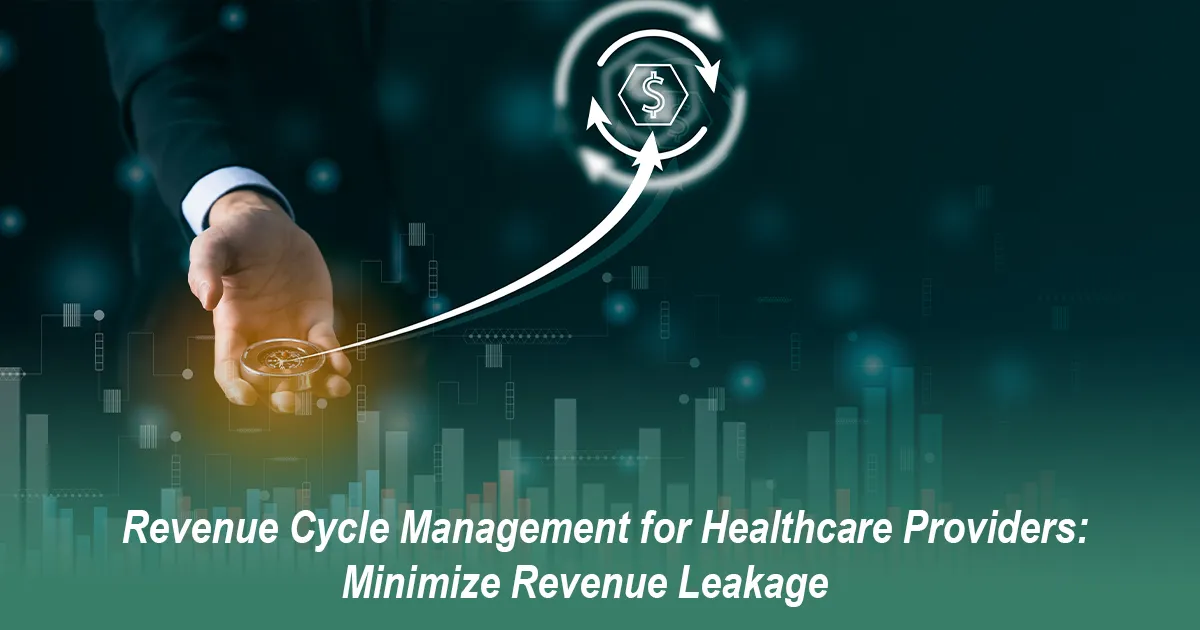
Posted Date: Jun 24, 2025
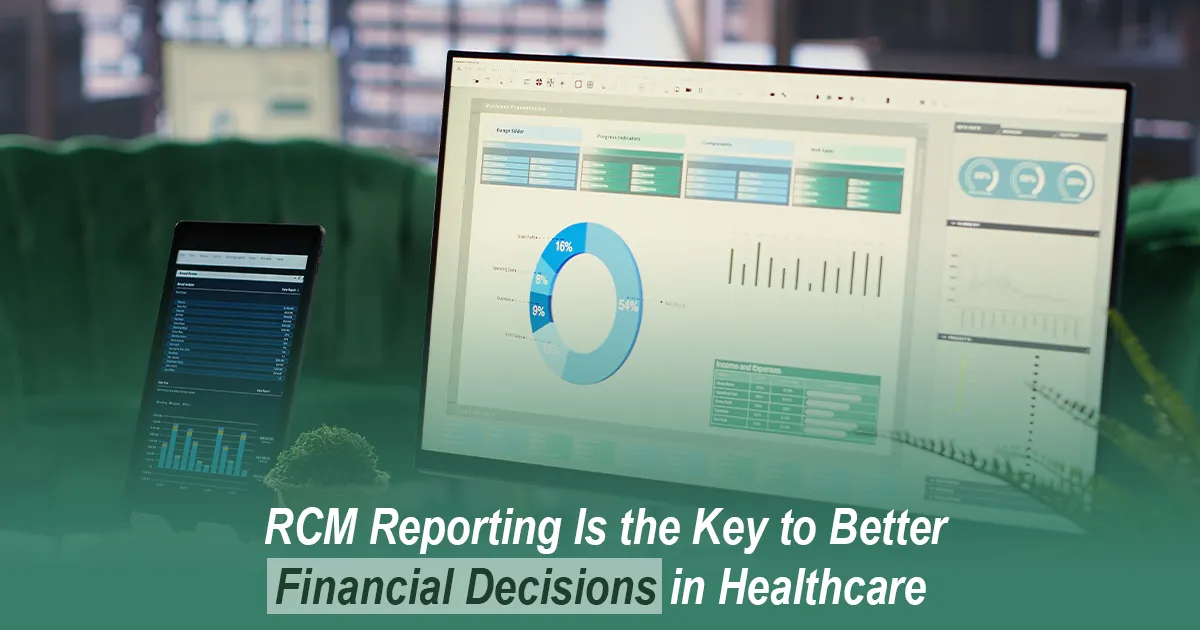
Posted Date: Jun 26, 2025
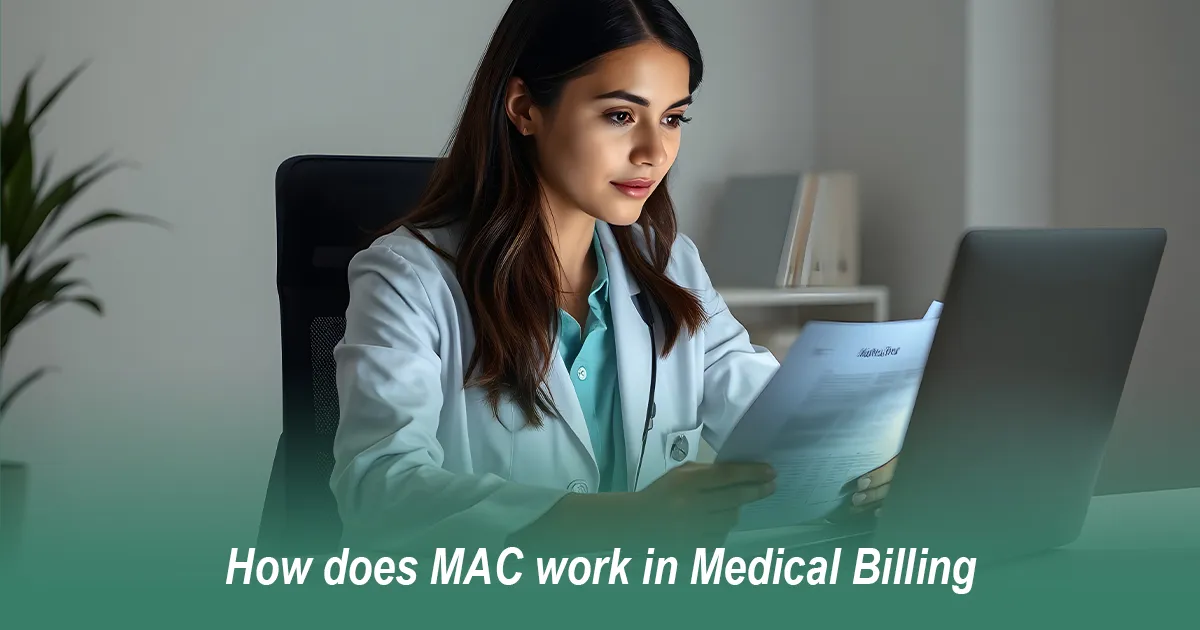
Posted Date: Jun 28, 2025
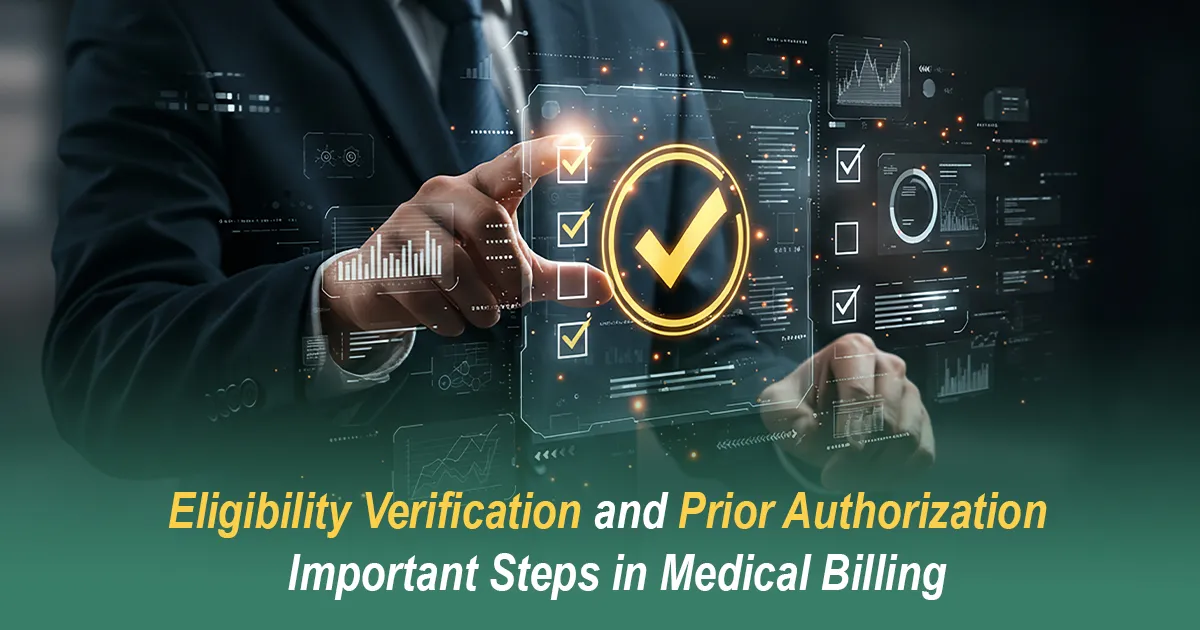
Posted Date: Jun 30, 2025

Posted Date: Jul 02, 2025
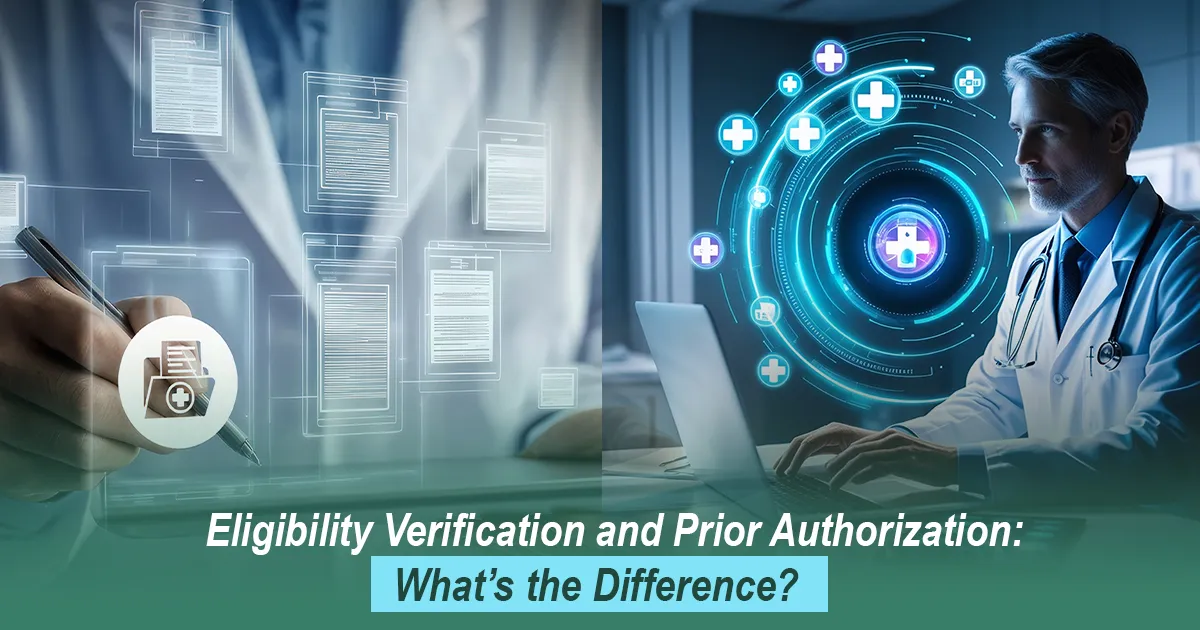
Posted Date: Jul 04, 2025
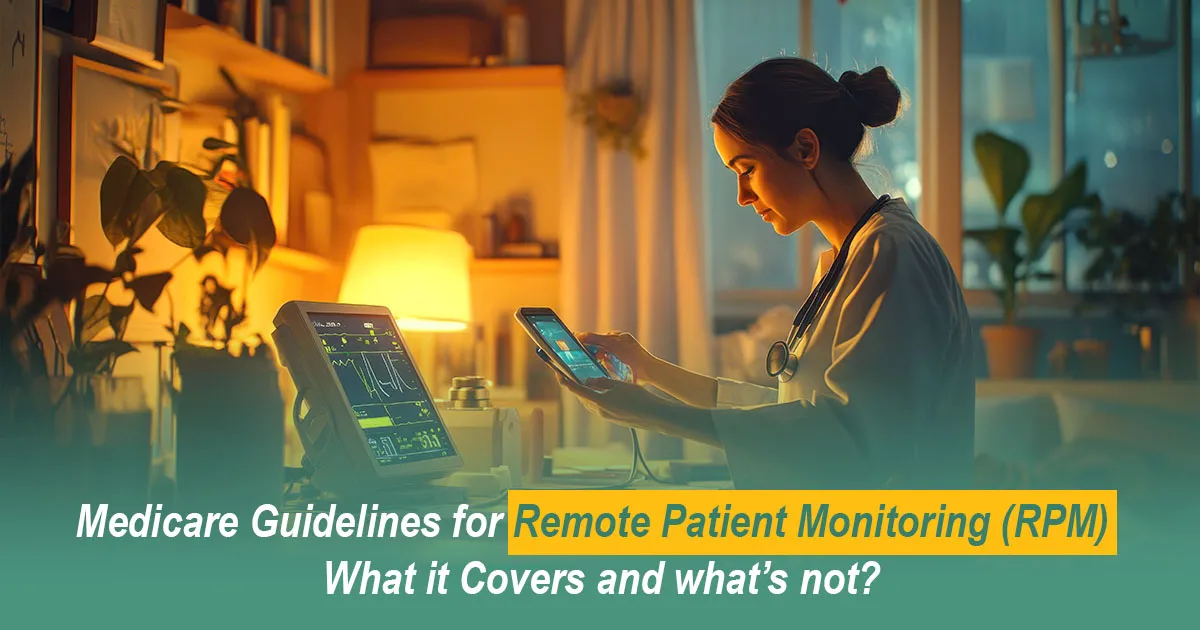
Posted Date: Jul 07, 2025
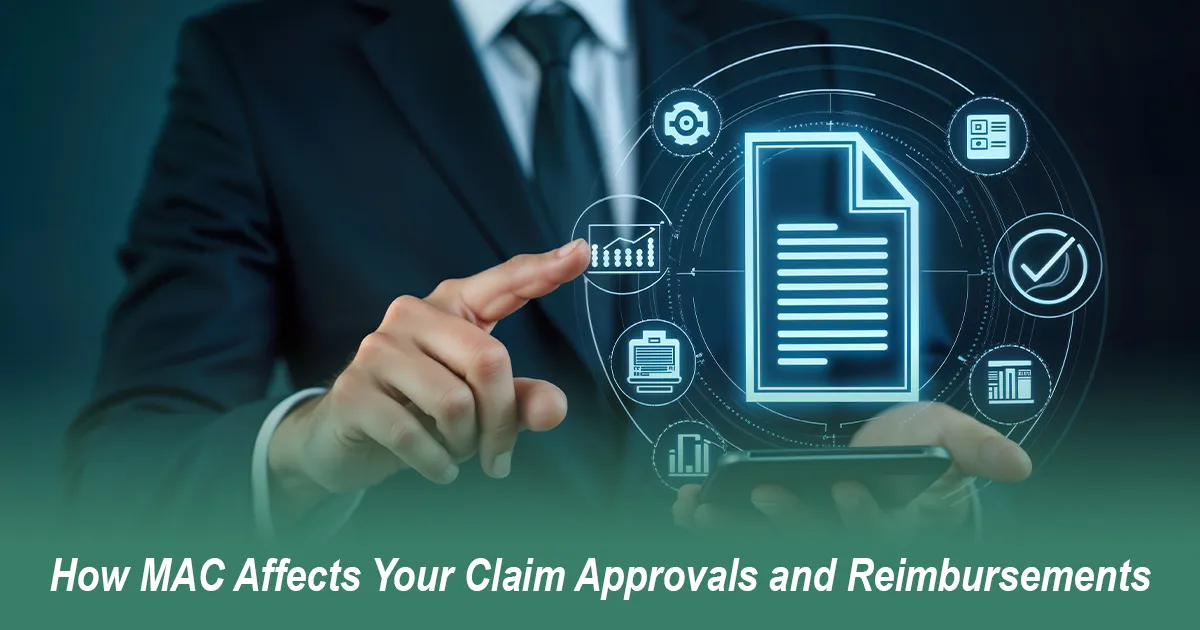
Posted Date: Jul 09, 2025
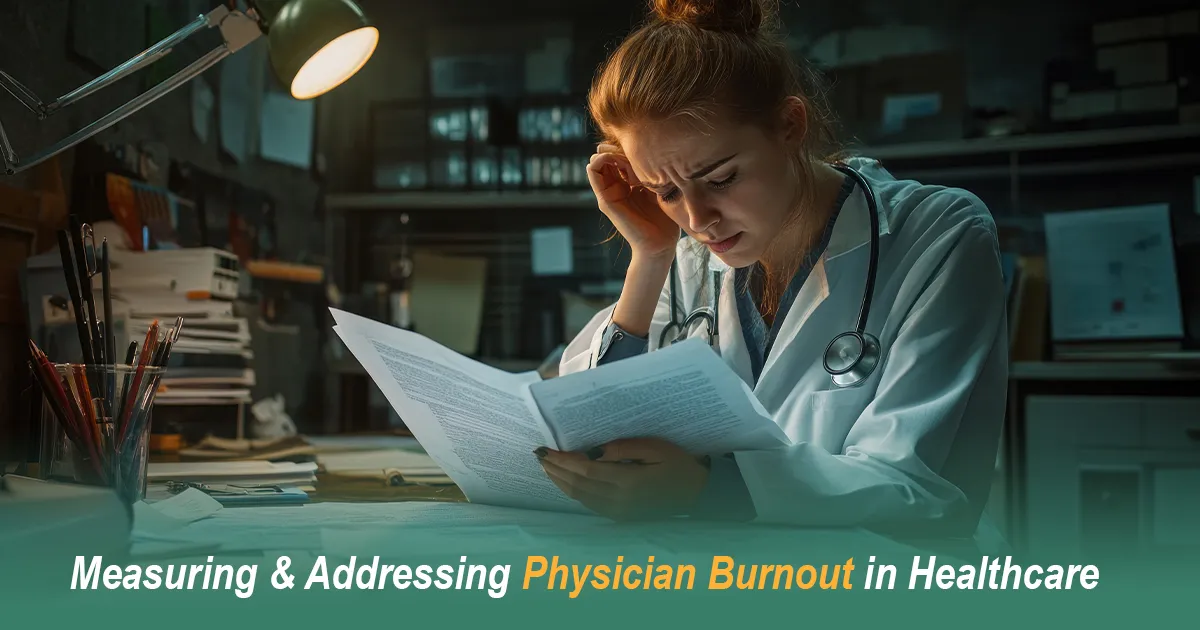
Posted Date: Jul 11, 2025

Posted Date: Jul 14, 2025

Posted Date: Jul 16, 2025

Posted Date: Jul 18, 2025

Posted Date: Jul 22, 2025
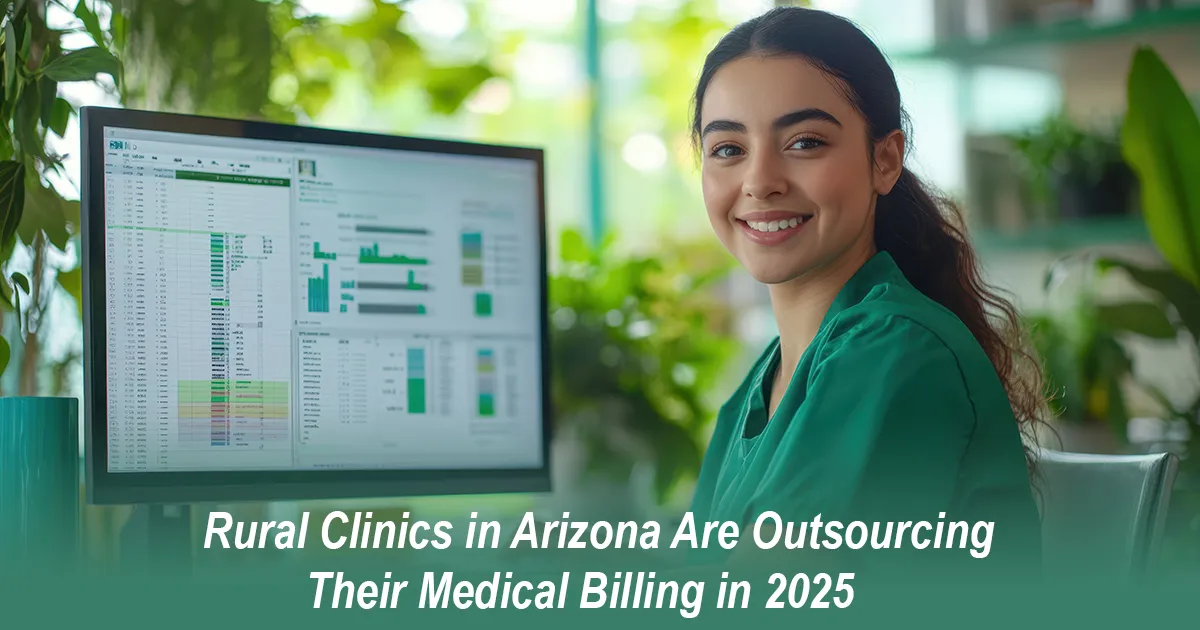
Posted Date: Jul 23, 2025
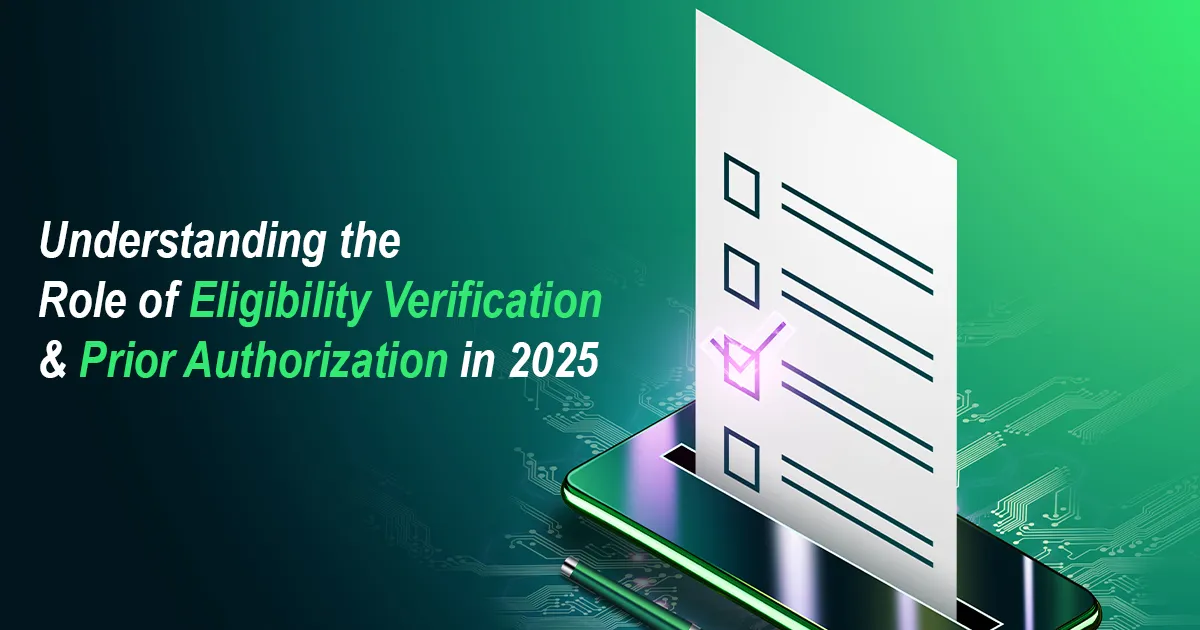
Posted Date: Jul 25, 2025

Posted Date: Jul 28, 2025

Posted Date: Aug 01, 2025

Posted Date: Aug 04, 2025

Posted Date: Aug 06, 2025
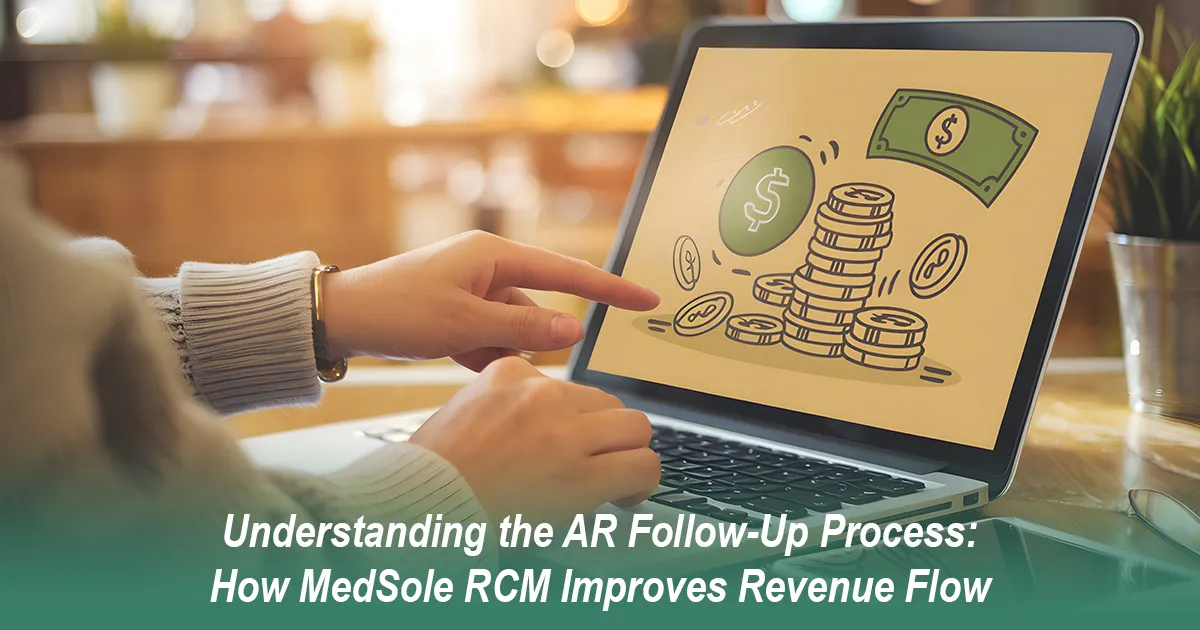
Posted Date: Aug 08, 2025
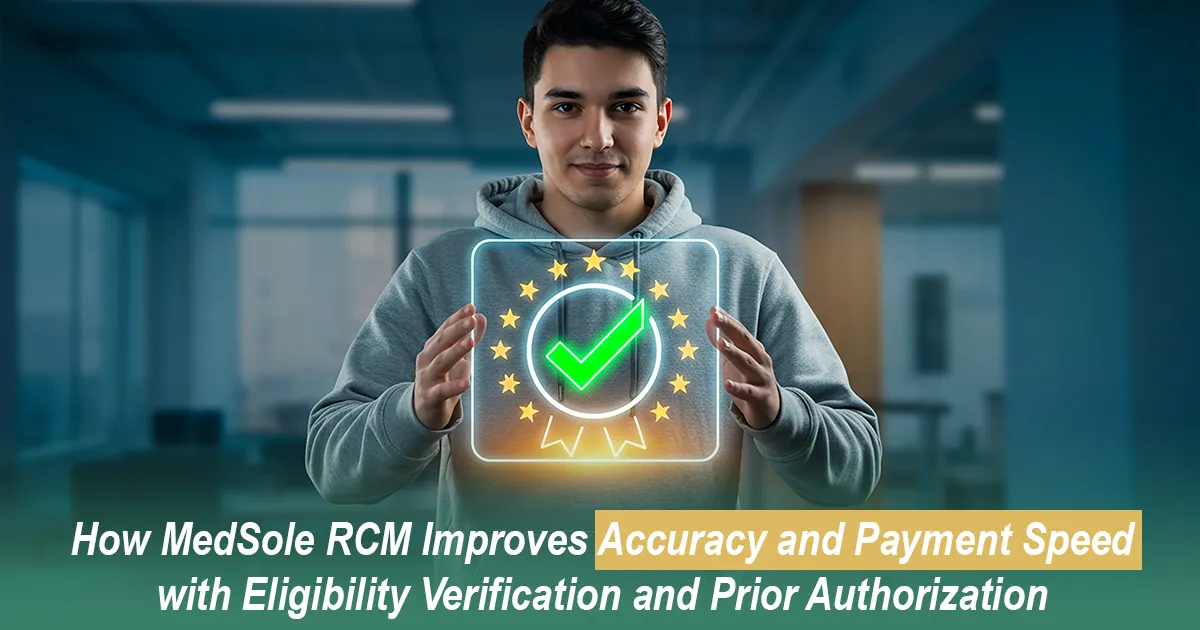
Posted Date: Aug 11, 2025
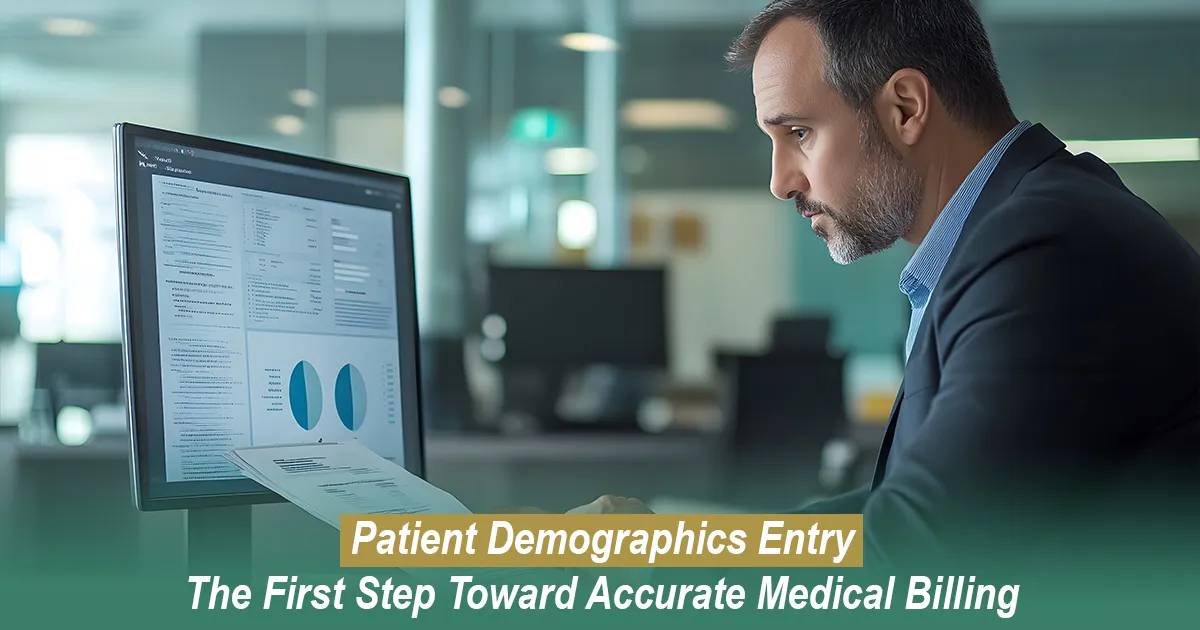
Posted Date: Aug 14, 2025
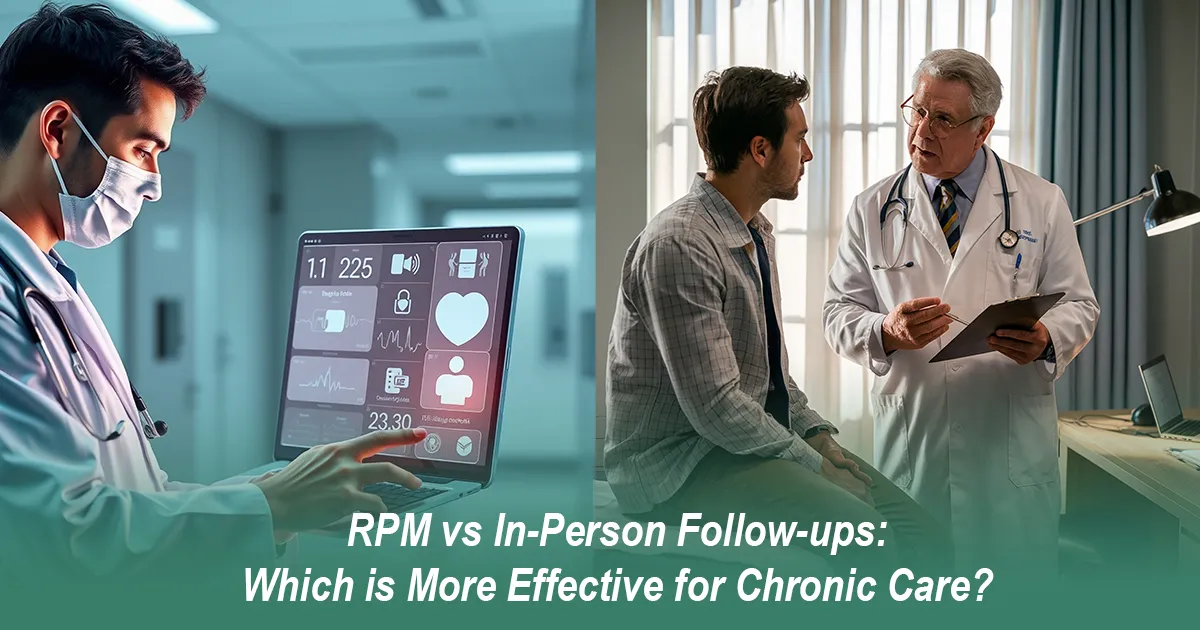
Posted Date: Aug 18, 2025
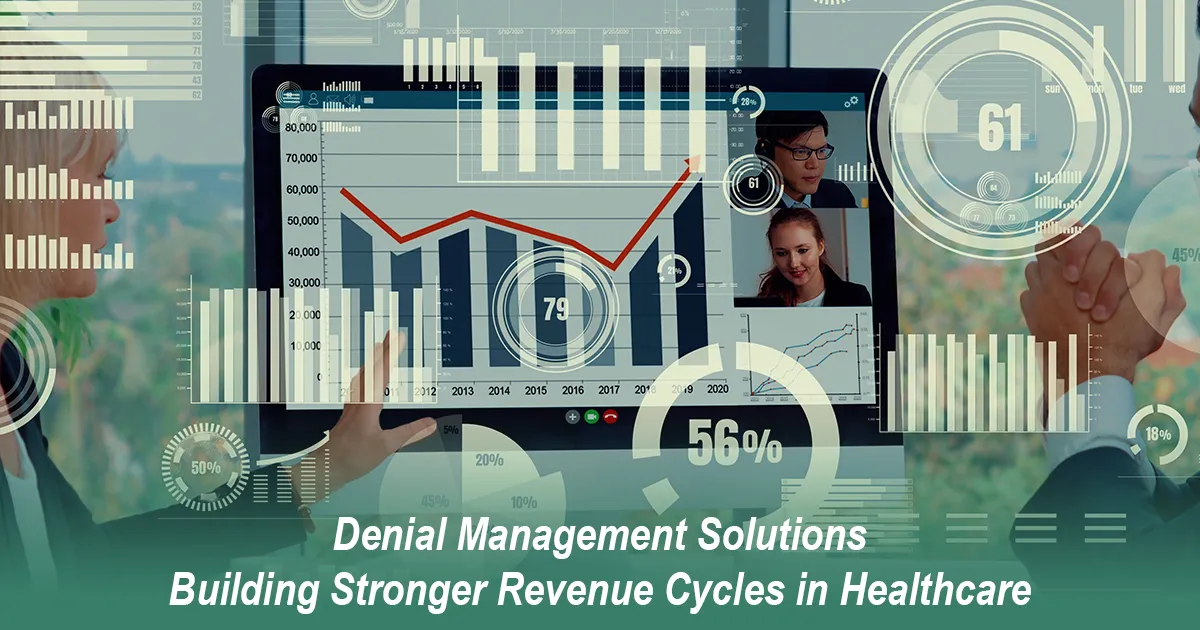
Posted Date: Aug 20, 2025
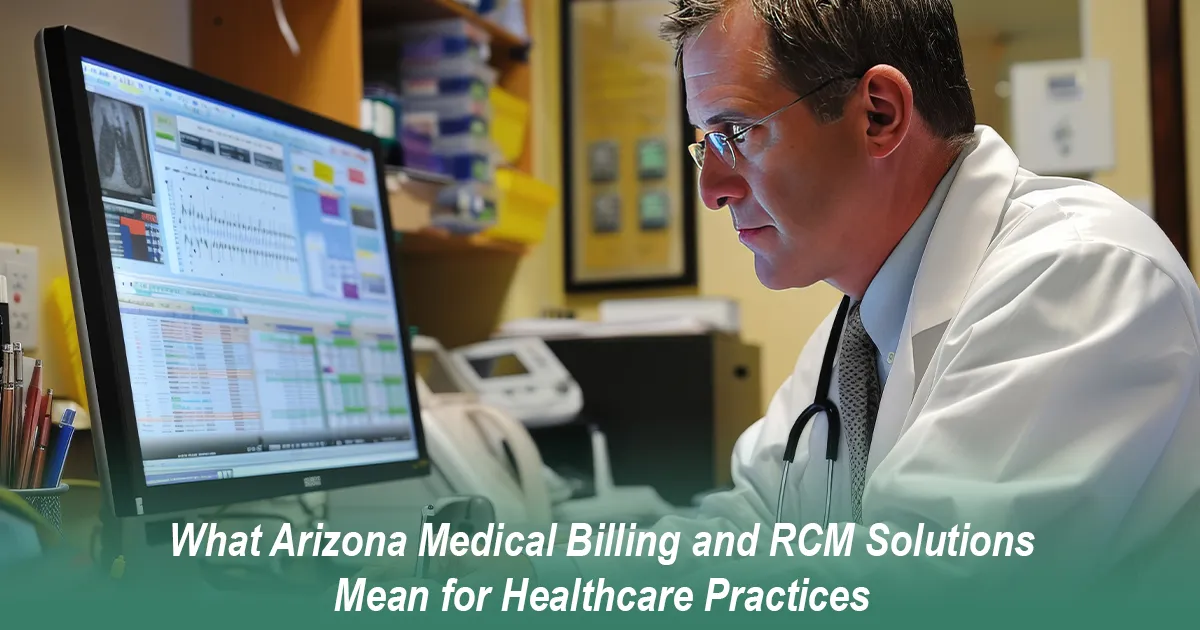
Posted Date: Aug 25, 2025

Posted Date: Aug 27, 2025
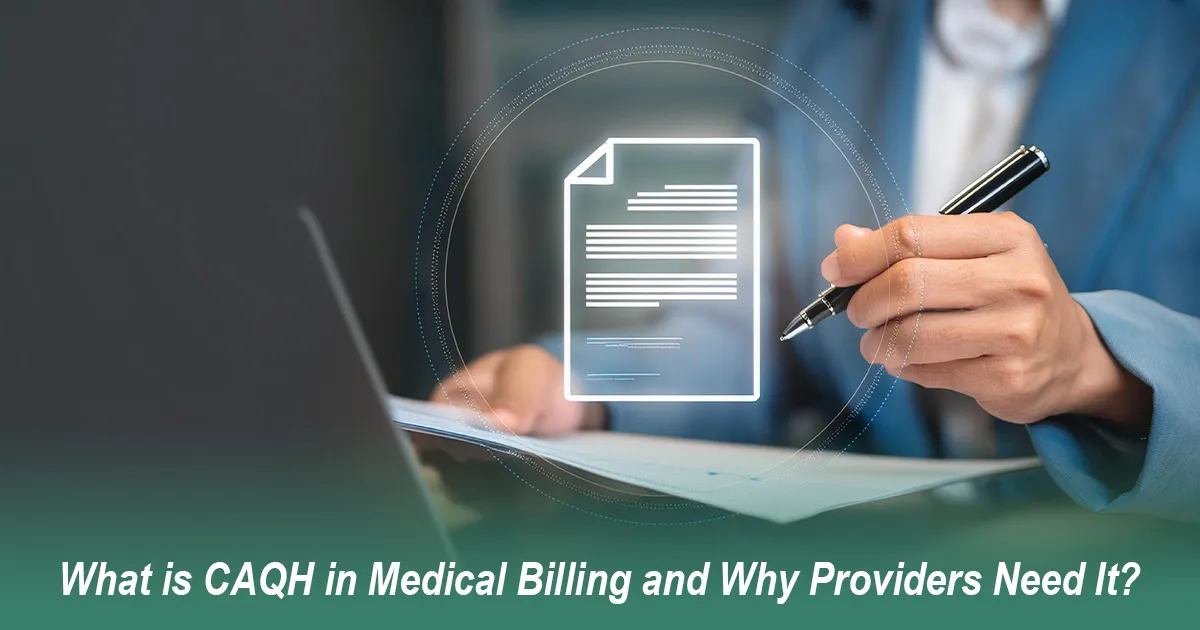
Posted Date: Aug 29, 2025
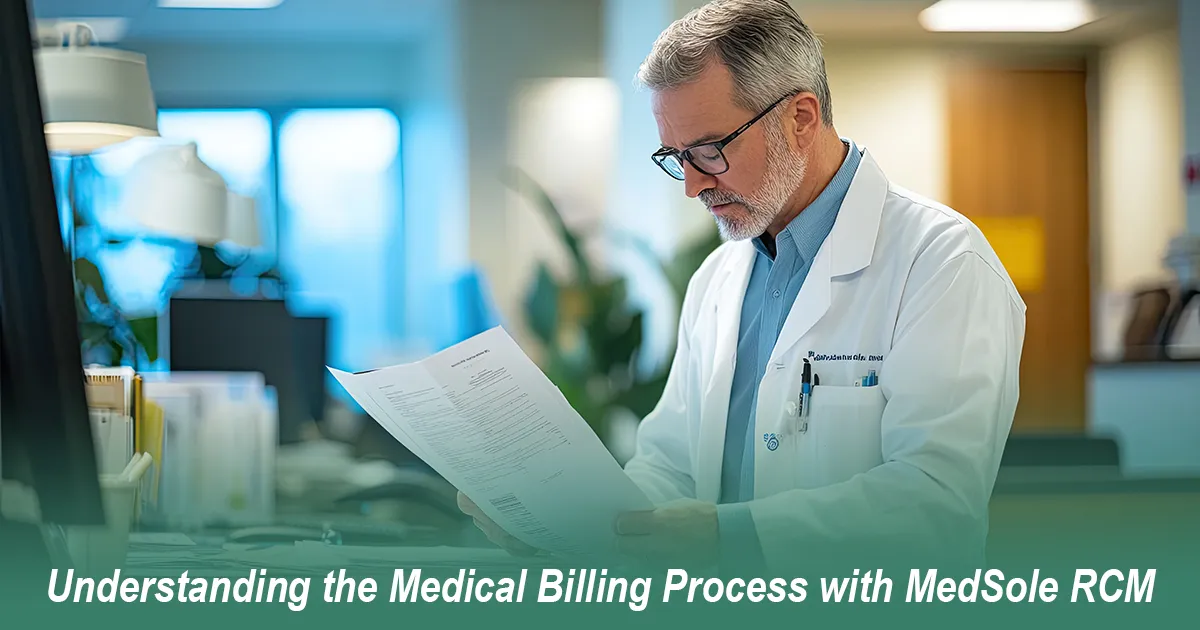
Posted Date: Sep 03, 2025

Posted Date: Sep 05, 2025

Posted Date: Sep 08, 2025

Posted Date: Sep 15, 2025
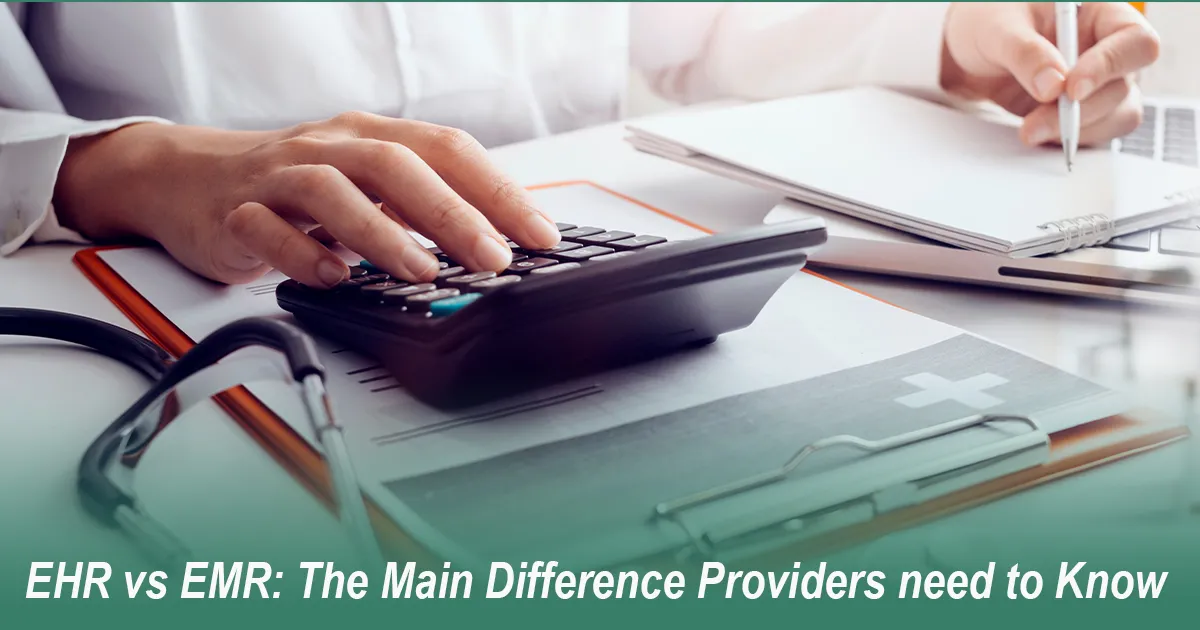
Posted Date: Sep 18, 2025

Posted Date: Sep 22, 2025

Posted Date: Sep 24, 2025

Posted Date: Sep 26, 2025
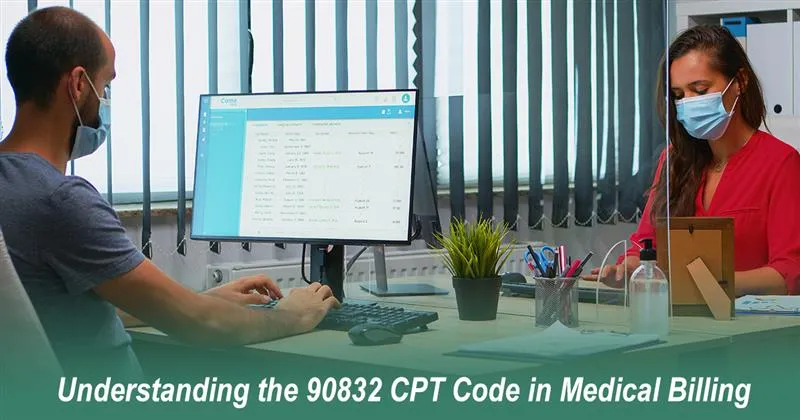
Posted Date: Sep 29, 2025

Posted Date: Oct 02, 2025
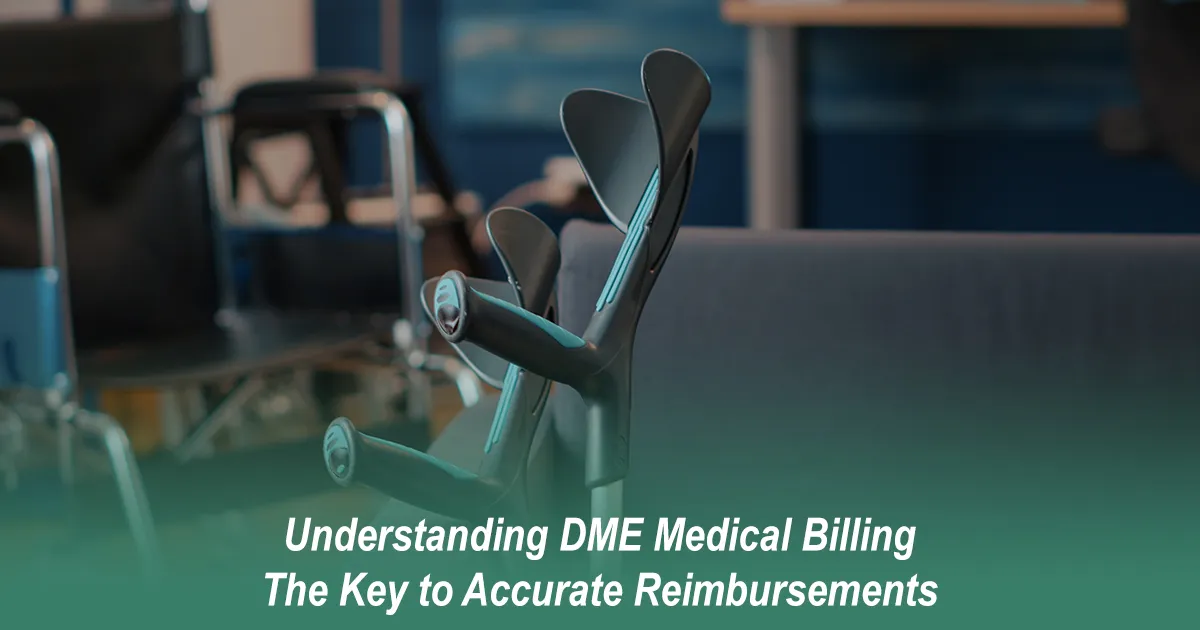
Posted Date: Oct 13, 2025

Posted Date: Oct 16, 2025
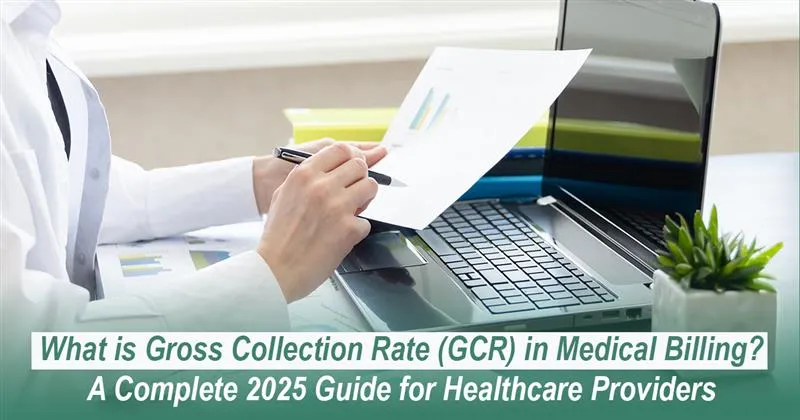
Posted Date: Oct 23, 2025
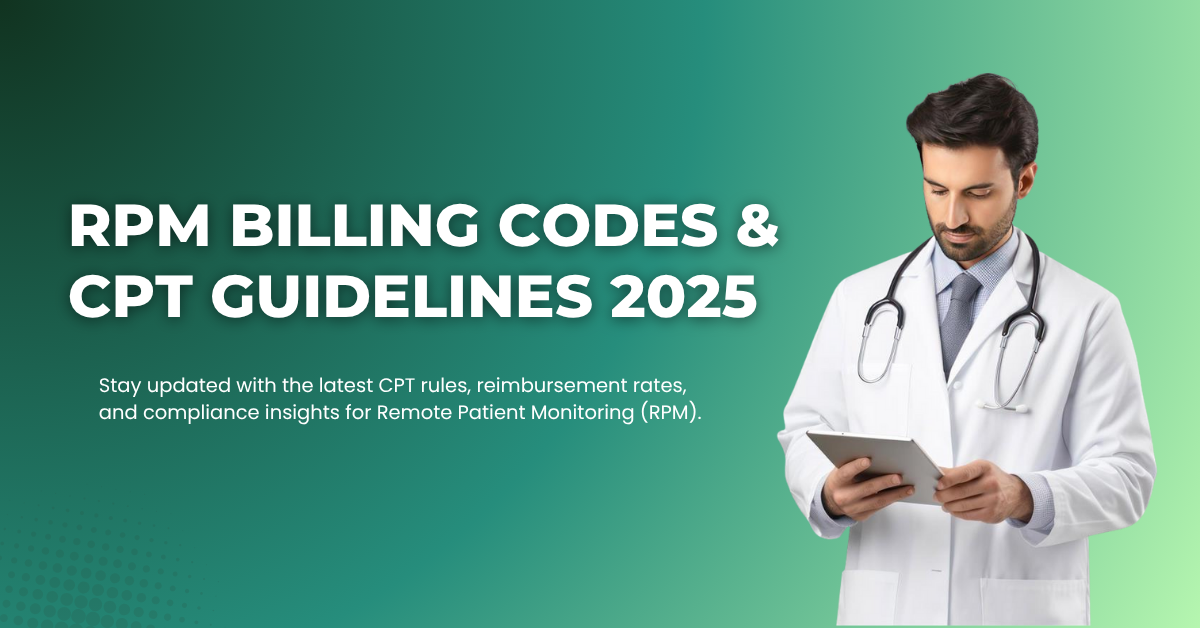
Posted Date: Oct 27, 2025
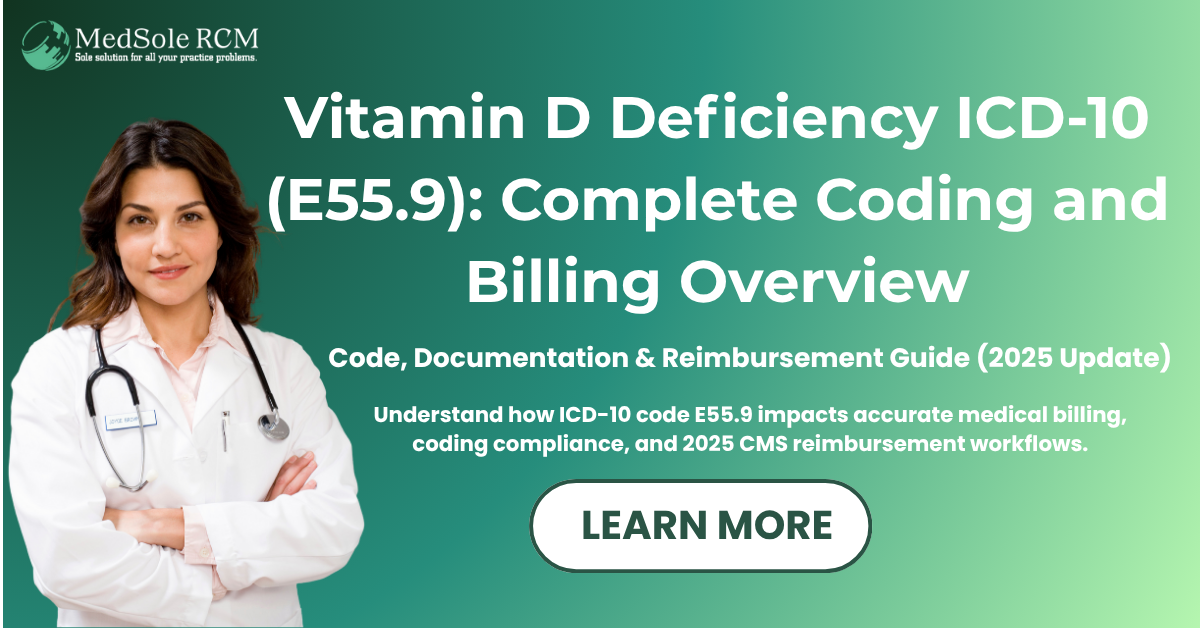
Posted Date: Oct 28, 2025
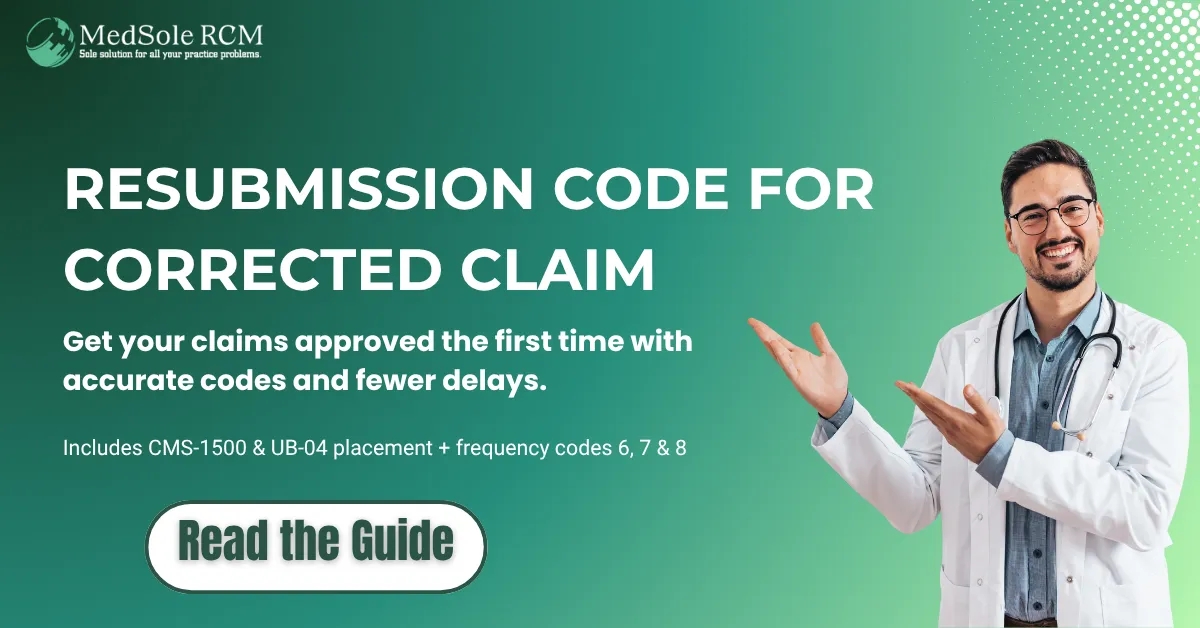
Posted Date: Oct 30, 2025
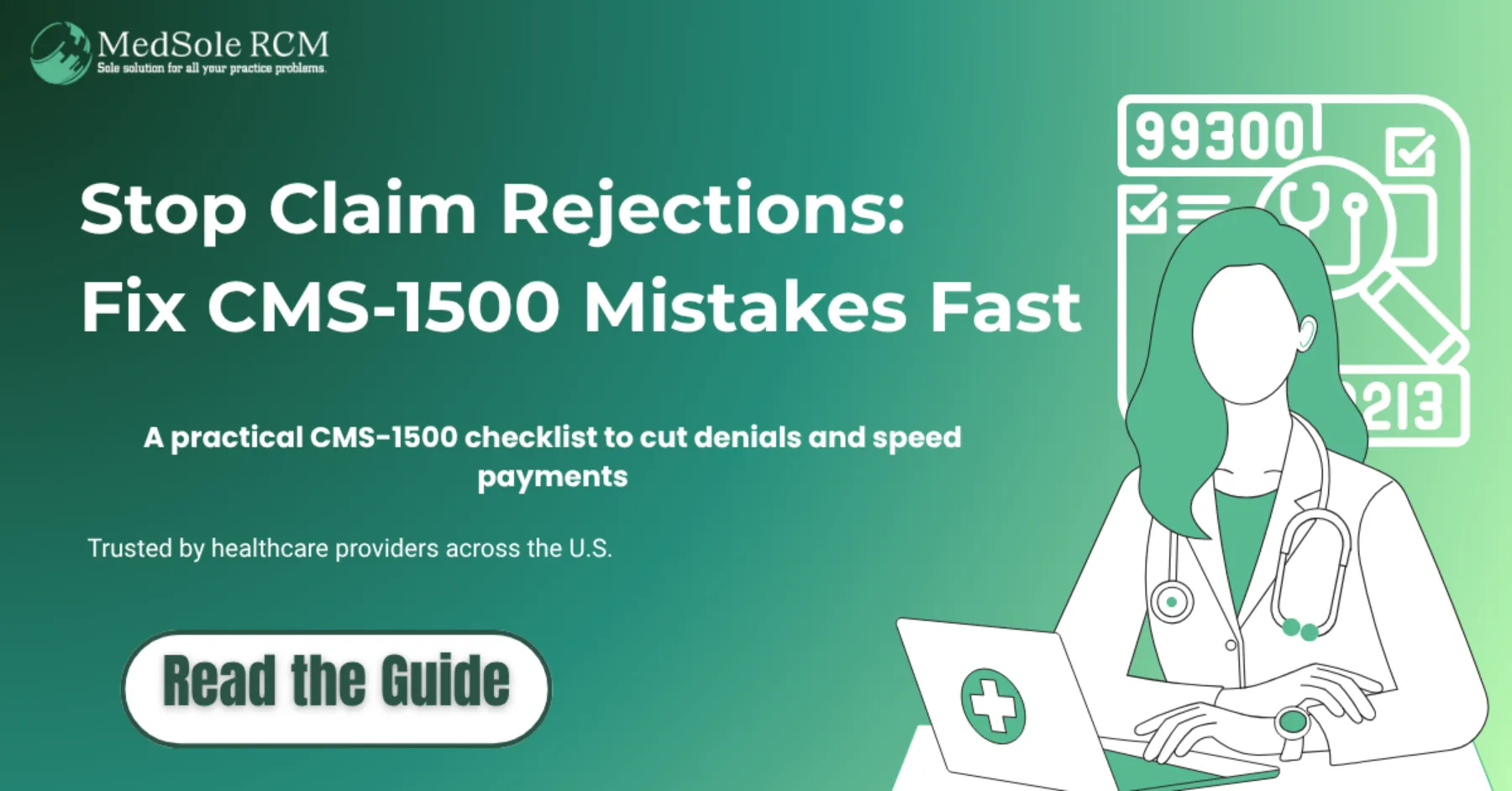
Posted Date: Oct 31, 2025
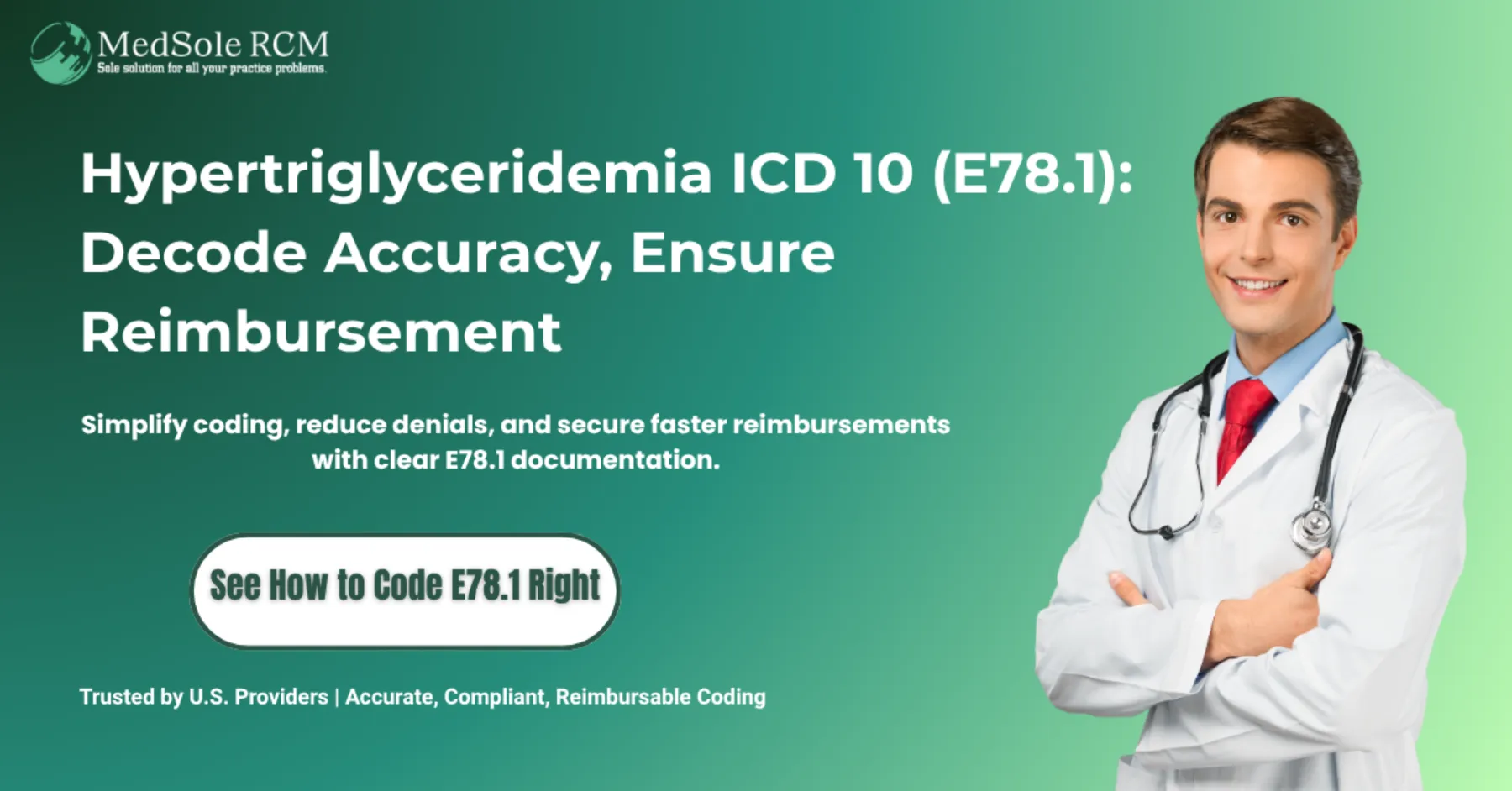
Posted Date: Nov 03, 2025
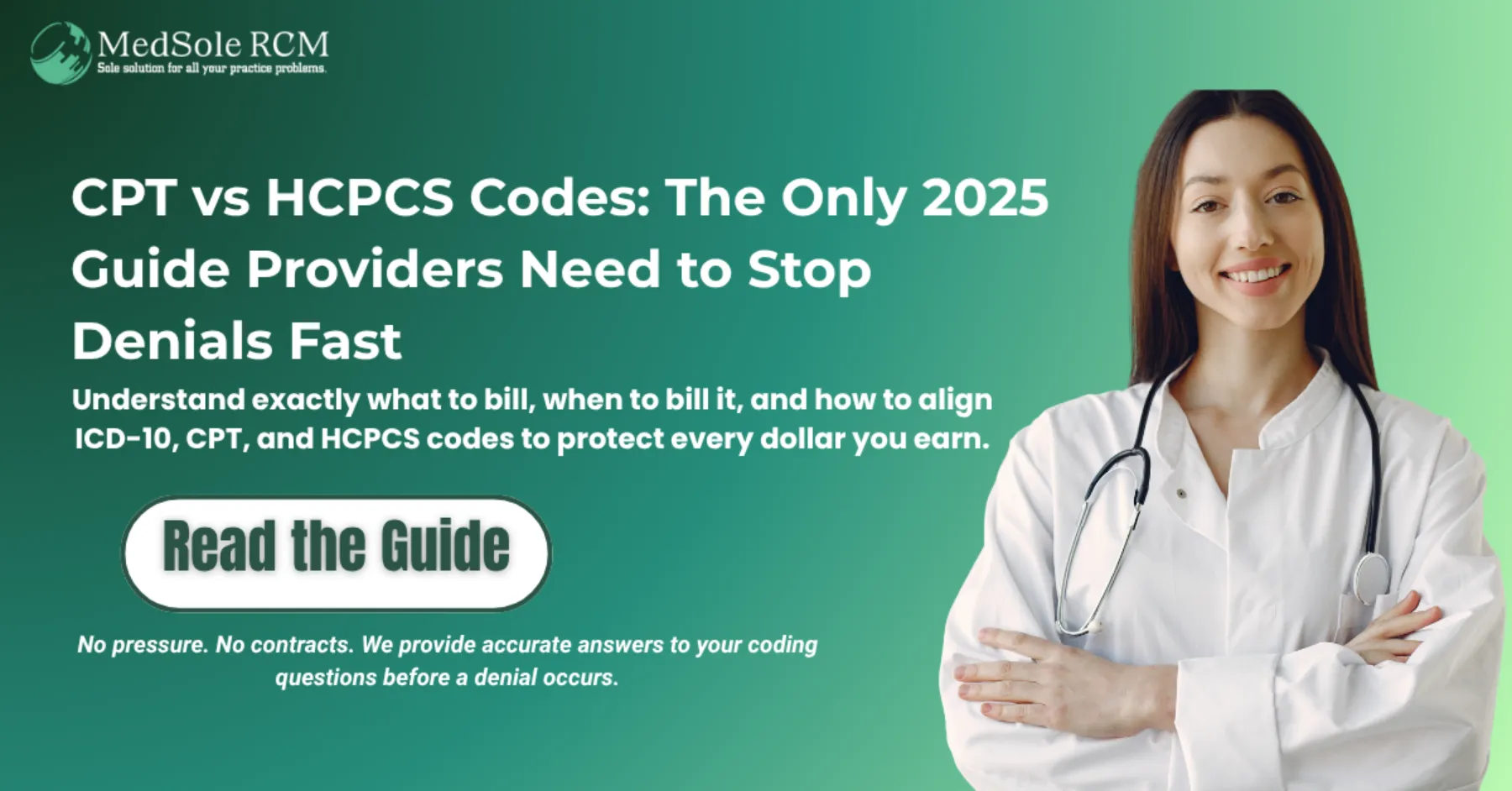
Posted Date: Nov 05, 2025
_11zon.webp)
Posted Date: Nov 11, 2025
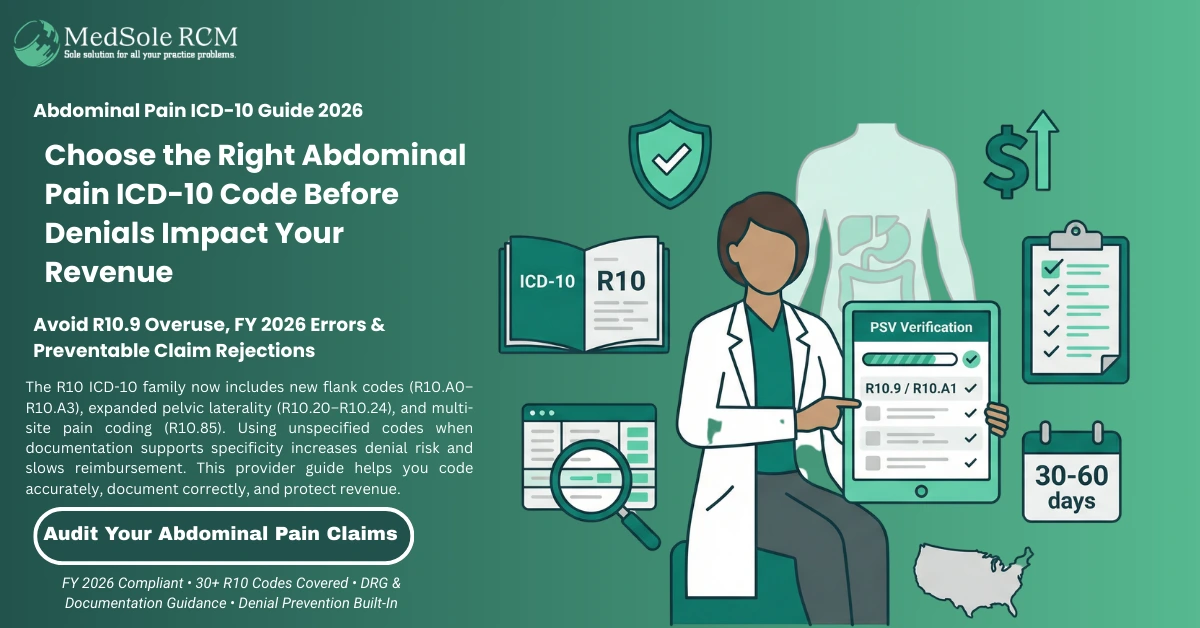
Posted Date: Nov 14, 2025

Posted Date: Jan 05, 2026
.png)
Posted Date: Jan 02, 2026
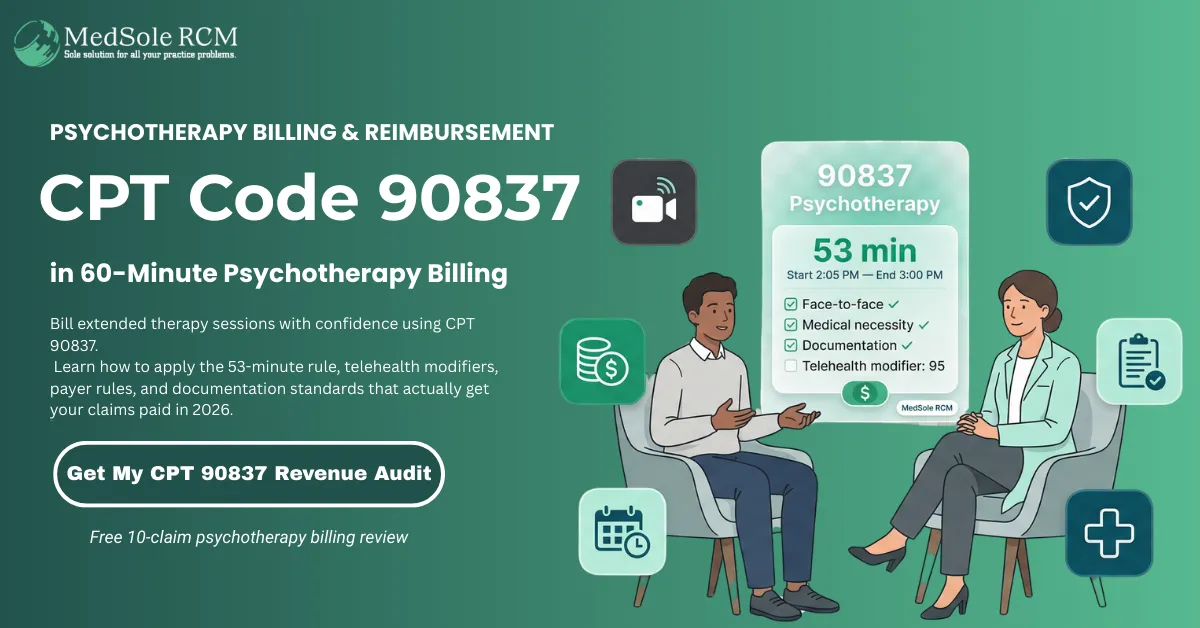
Posted Date: Jan 06, 2026
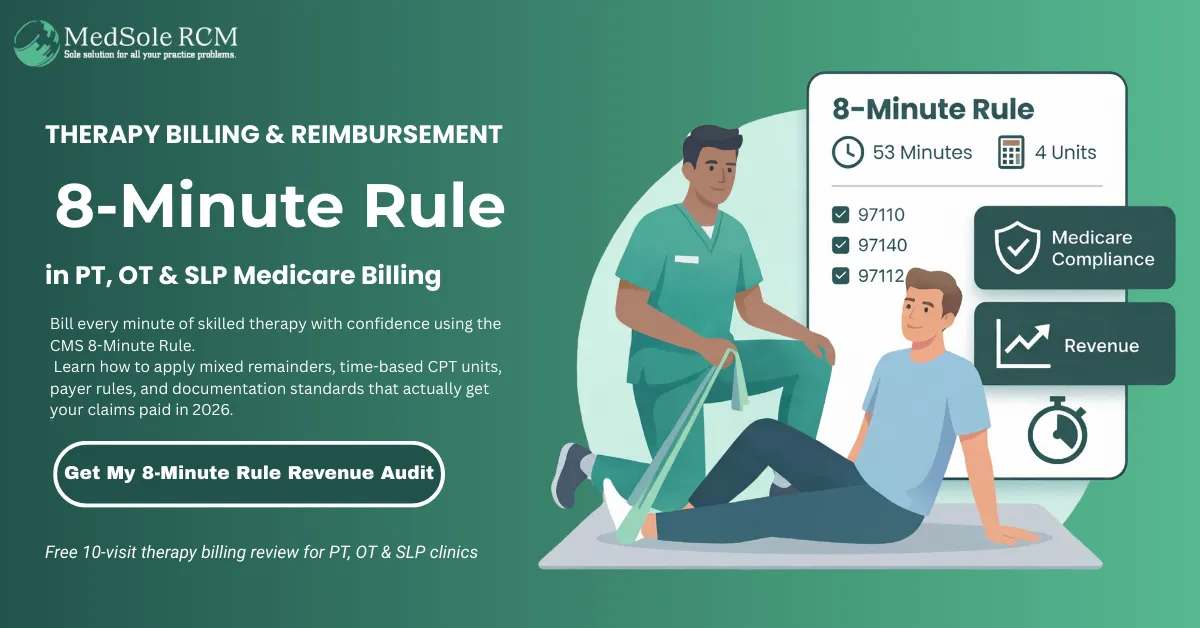
Posted Date: Jan 07, 2026
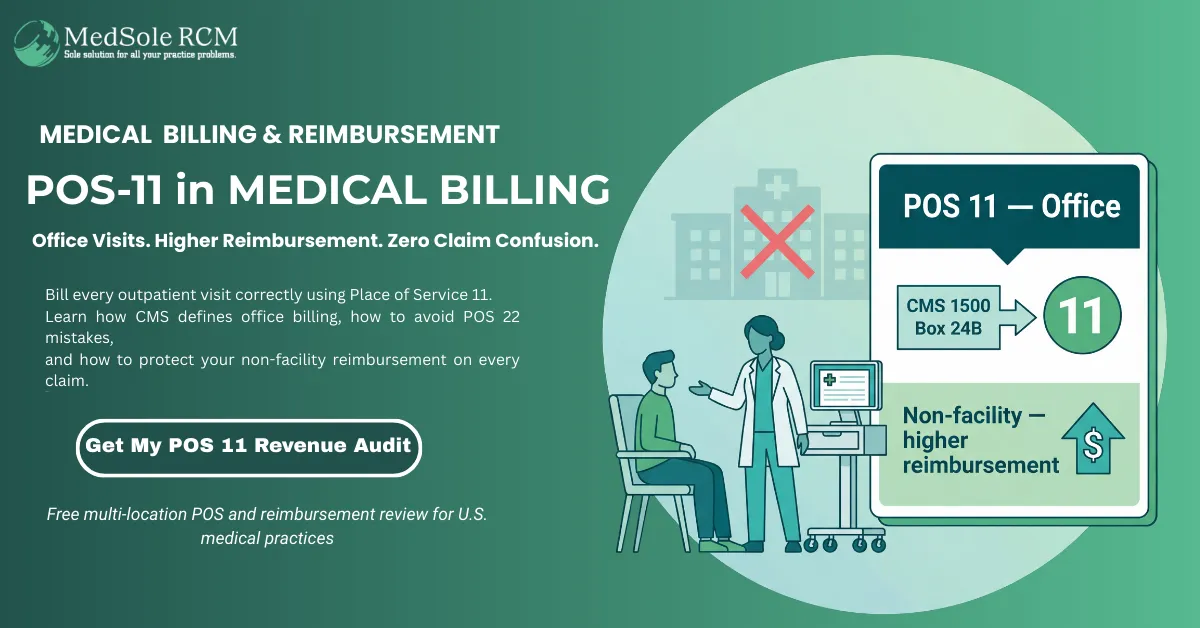
Posted Date: Jan 08, 2026
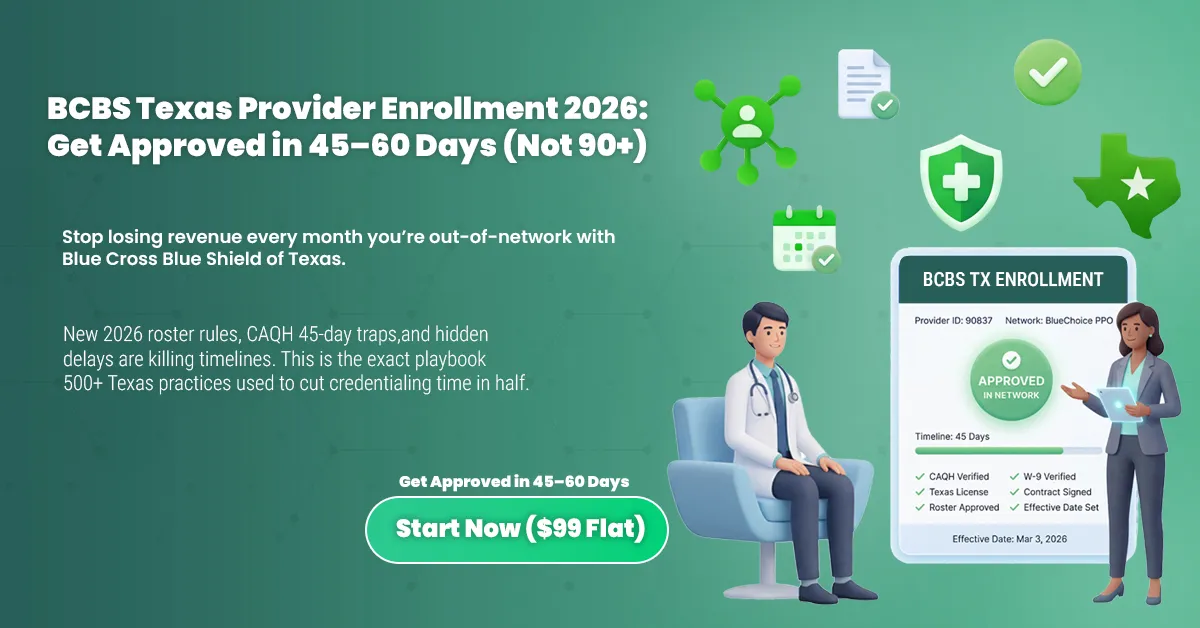
Posted Date: Jan 15, 2026
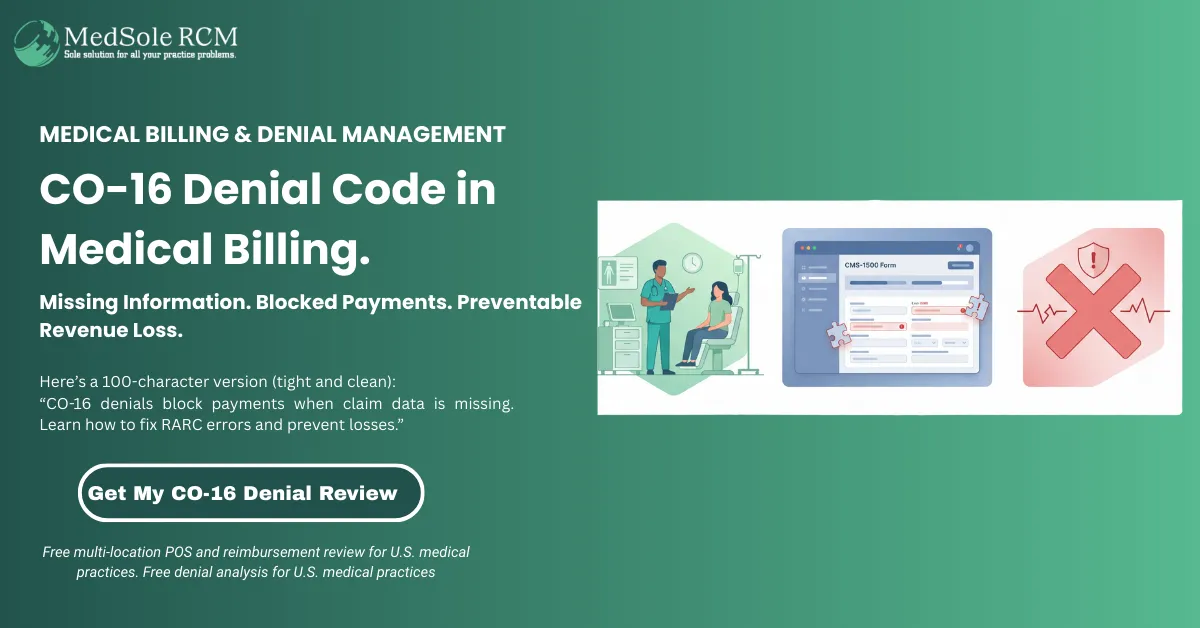
Posted Date: Jan 13, 2026
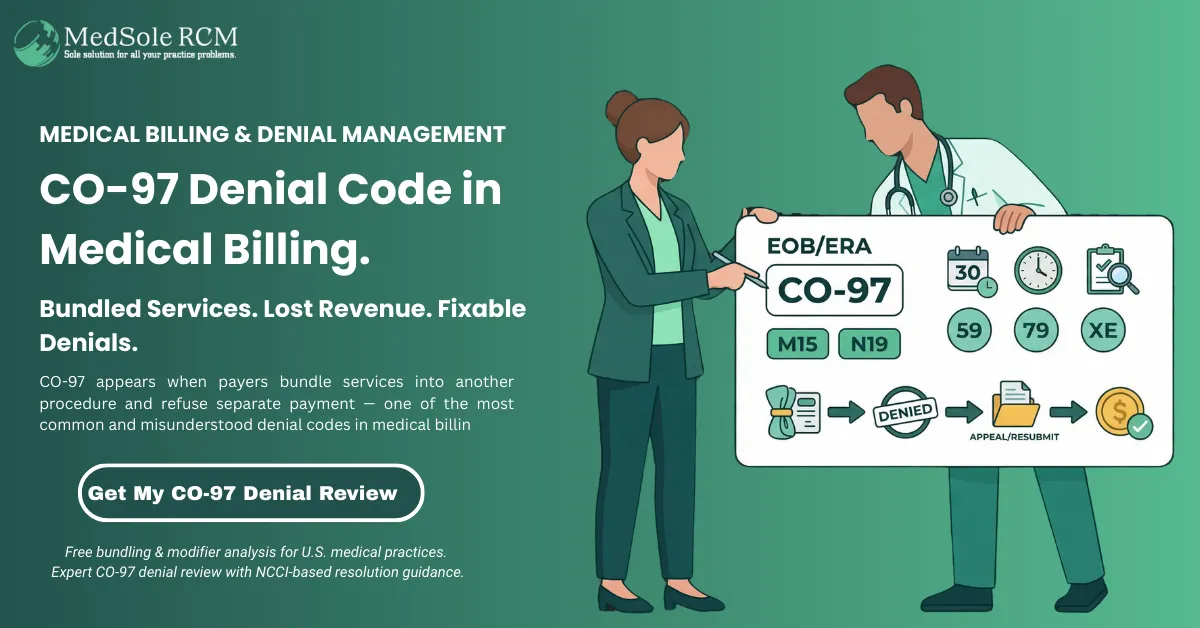
Posted Date: Jan 21, 2026
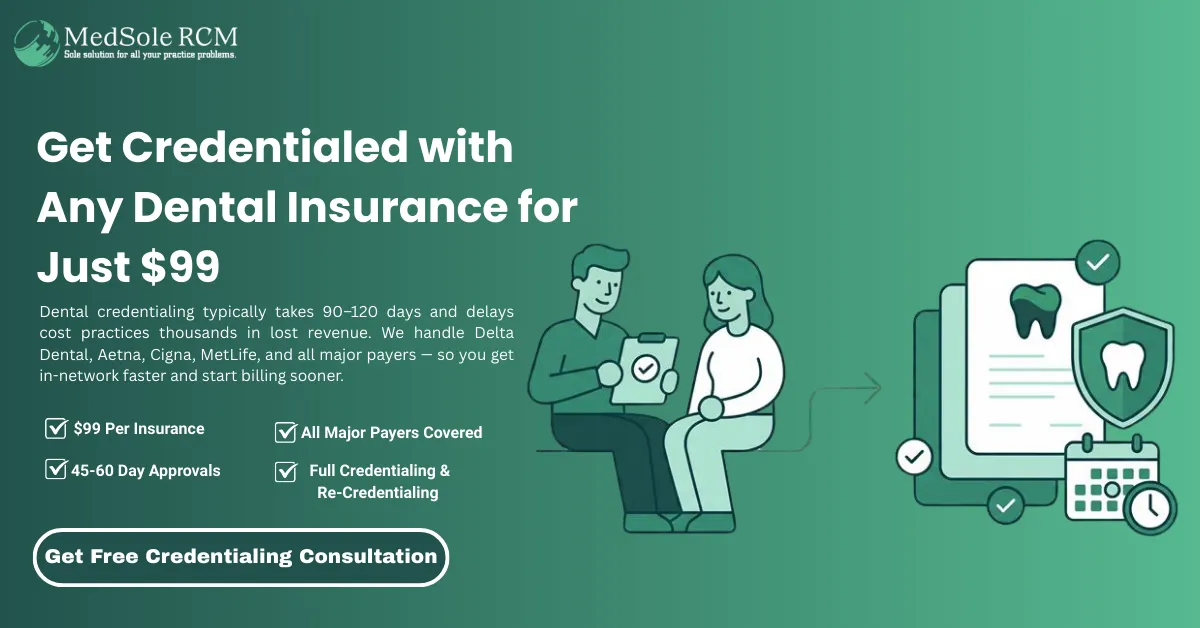
Posted Date: Jan 22, 2026
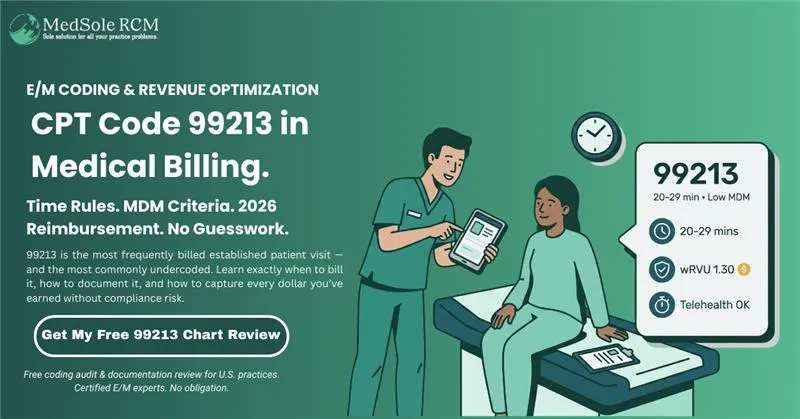
Posted Date: Jan 26, 2026
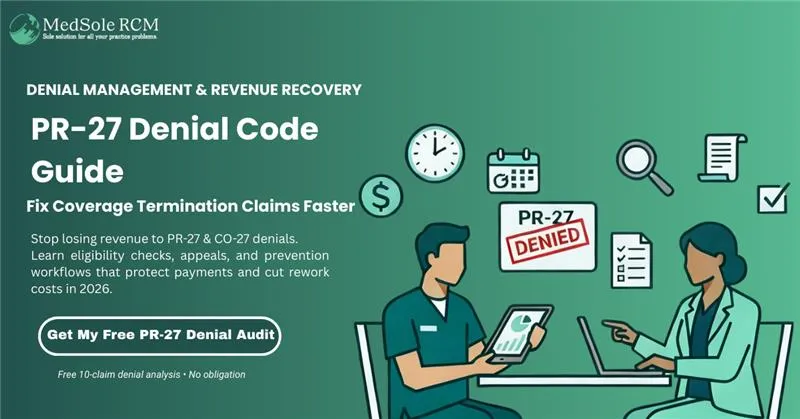
Posted Date: Jan 27, 2026
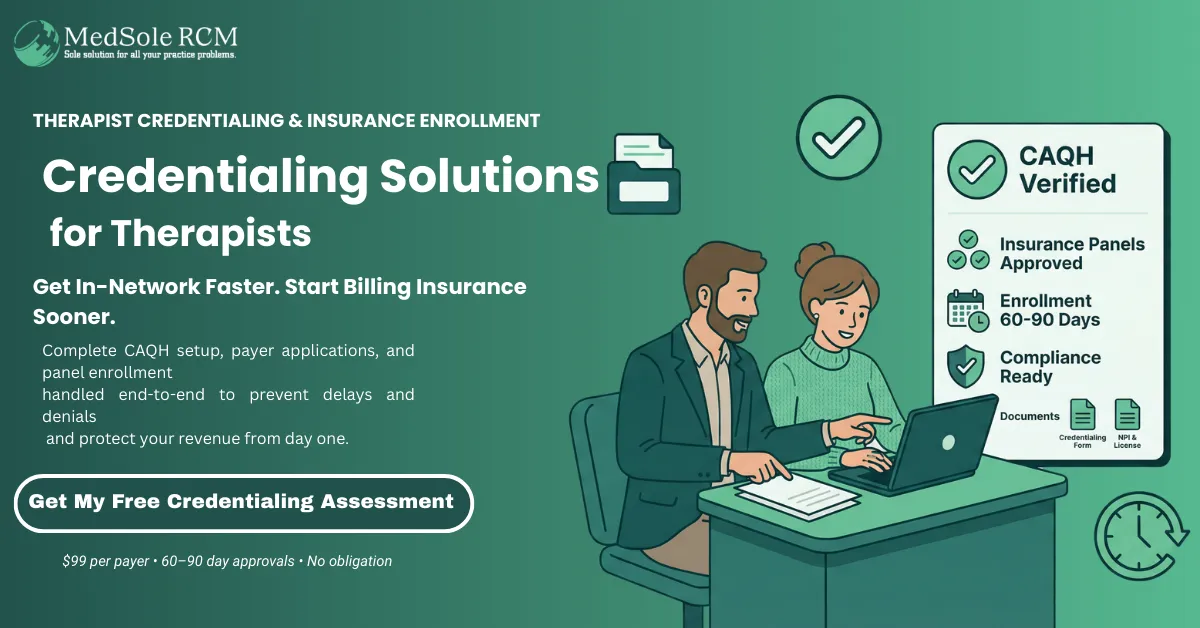
Posted Date: Jan 28, 2026
_11zon.webp)
Posted Date: Jan 29, 2026
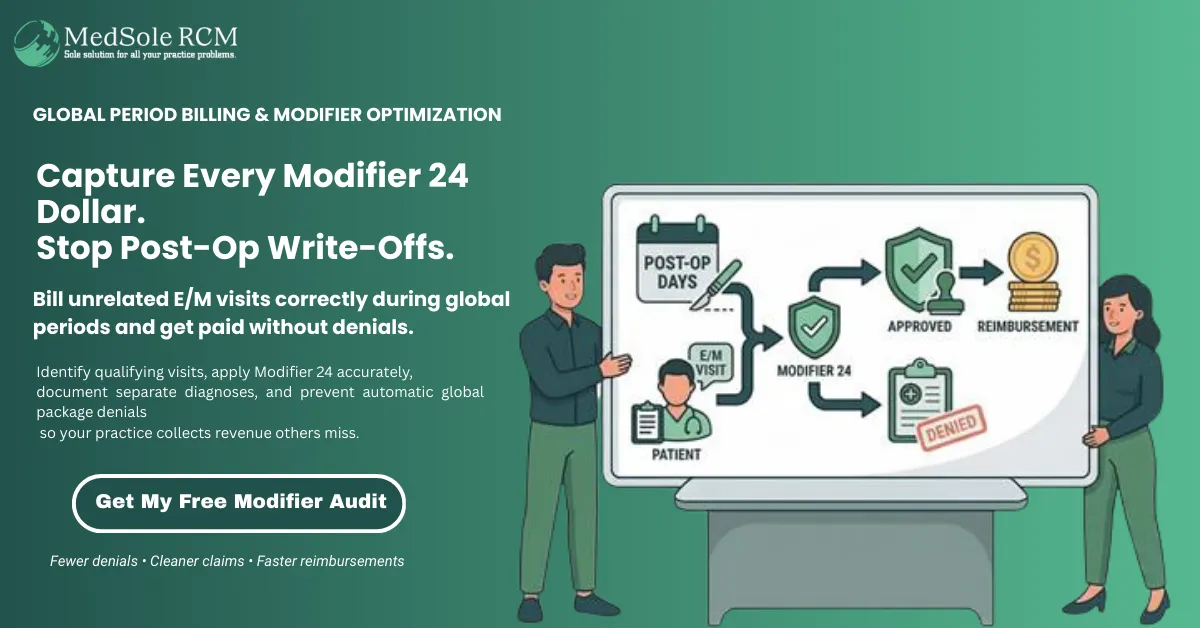
Posted Date: Jan 30, 2026
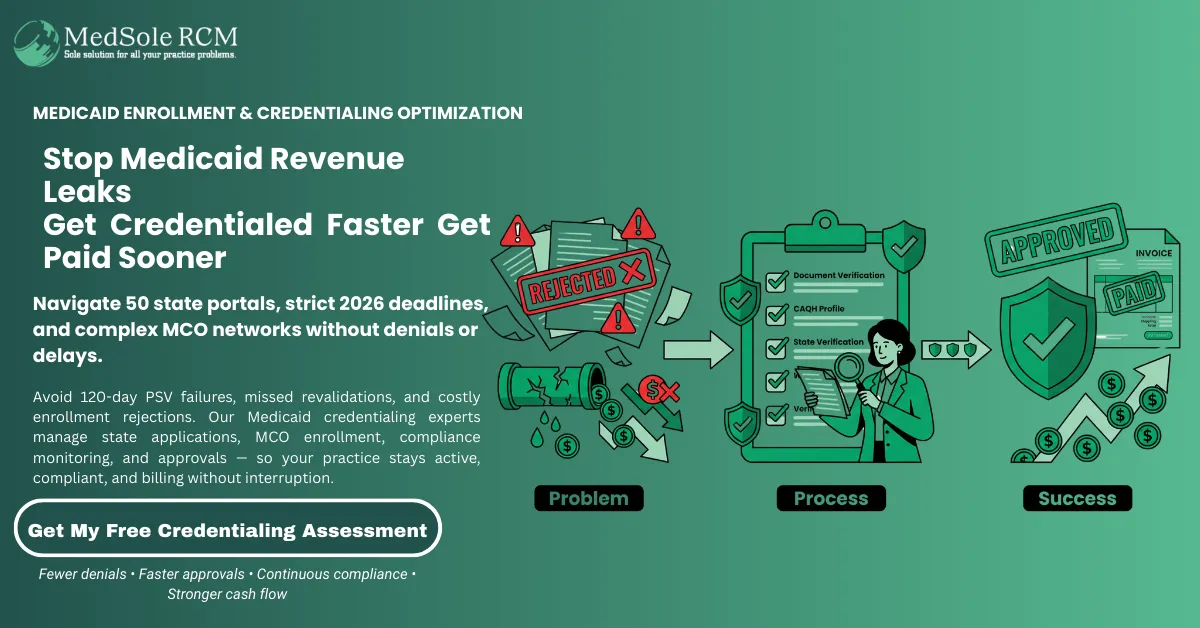
Posted Date: Feb 02, 2026
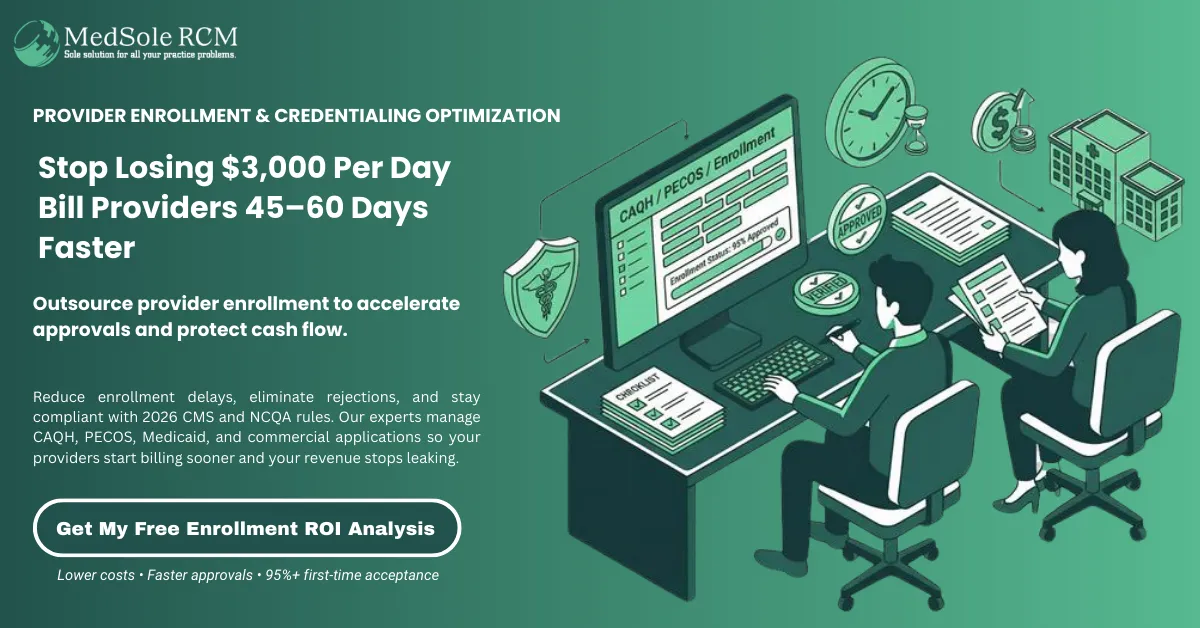
Posted Date: Feb 03, 2026
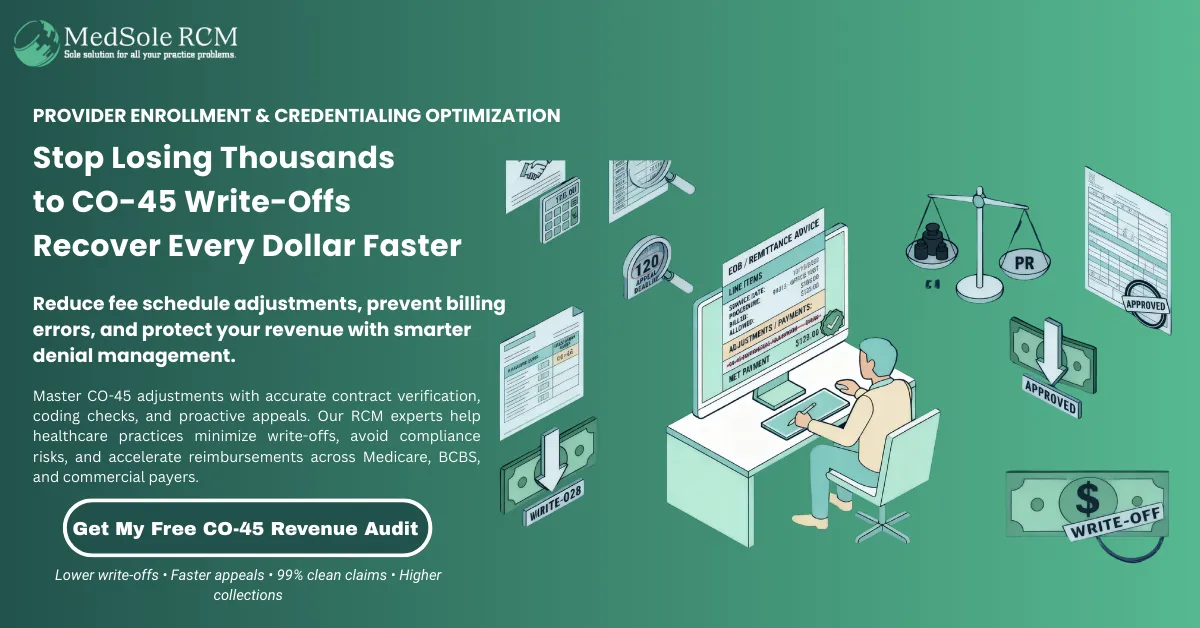
Posted Date: Feb 04, 2026
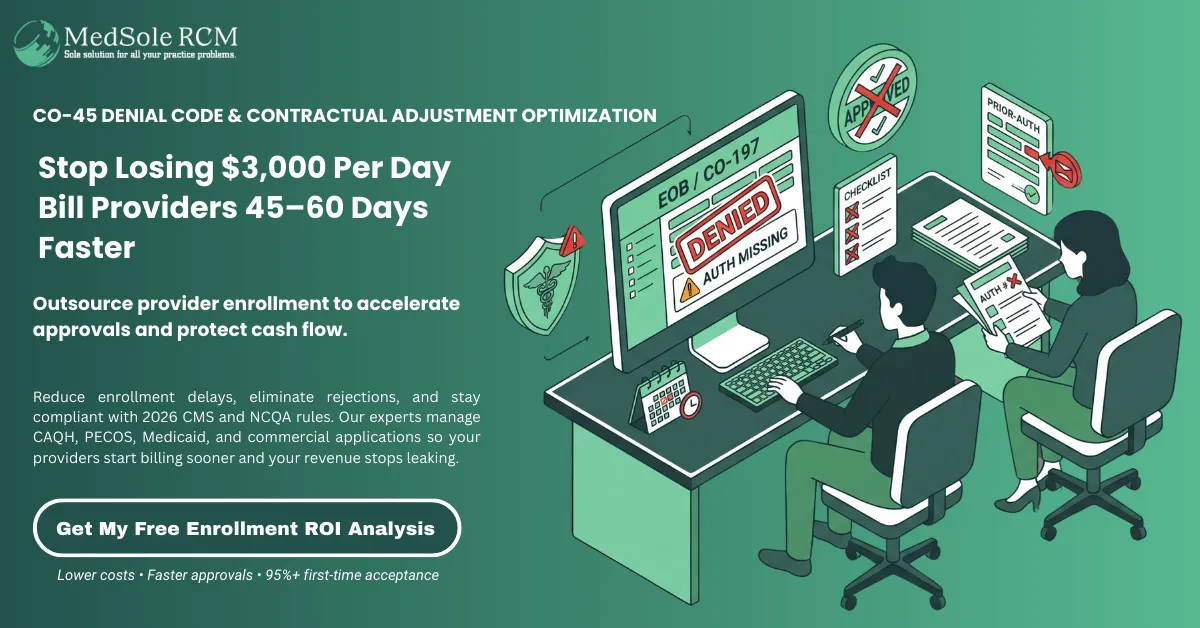
Posted Date: Feb 05, 2026
_11zon.webp)
Posted Date: Feb 06, 2026
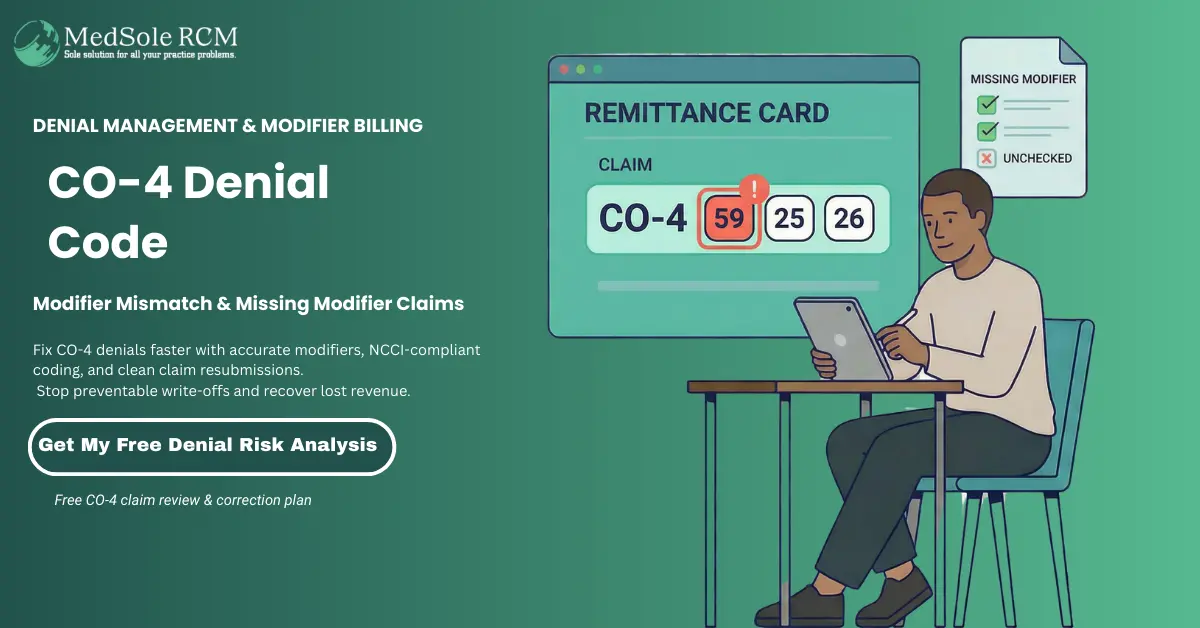
Posted Date: Feb 09, 2026
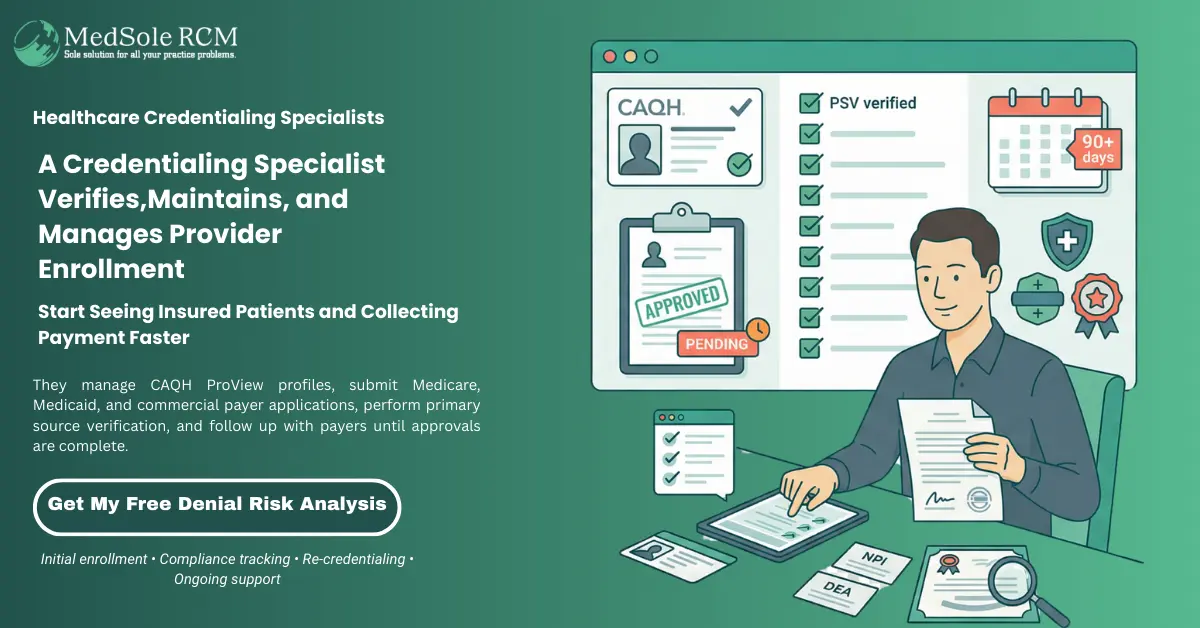
Posted Date: Feb 10, 2026
_11zon.webp)
Posted Date: Feb 11, 2026
.webp)
Posted Date: Feb 12, 2026
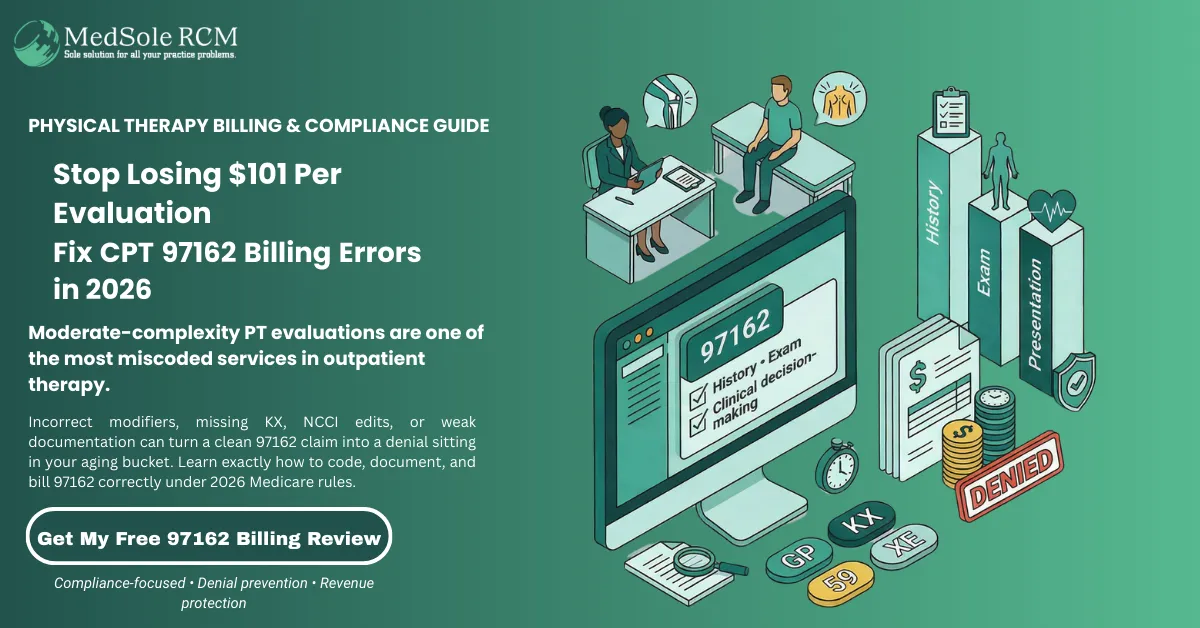
Posted Date: Feb 13, 2026
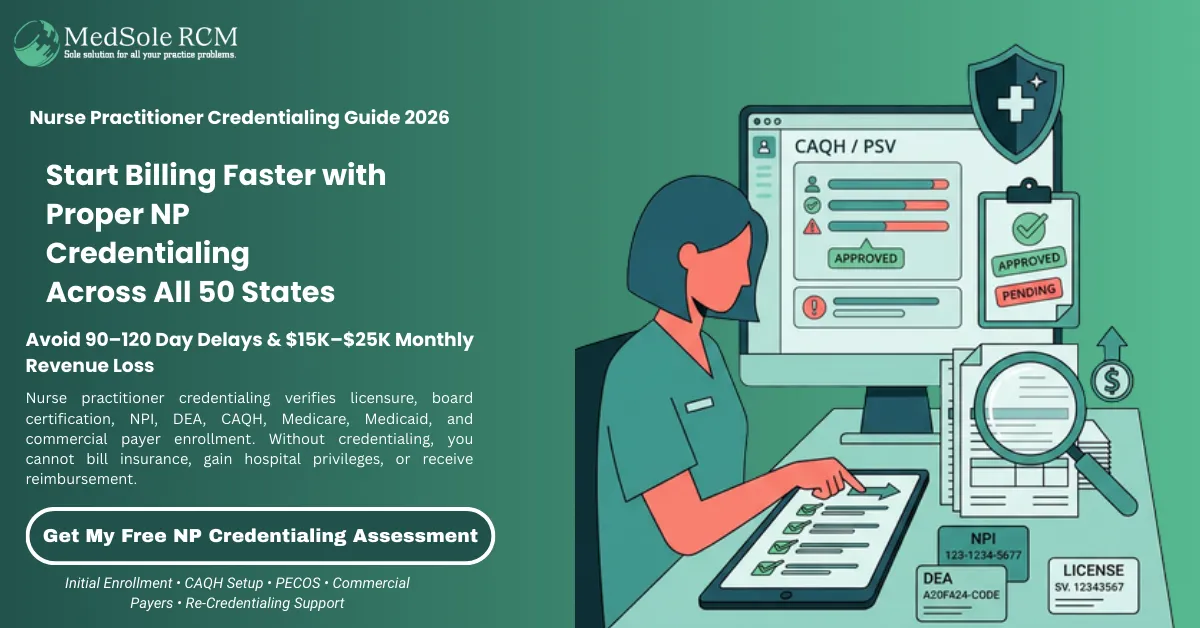
Posted Date: Feb 17, 2026
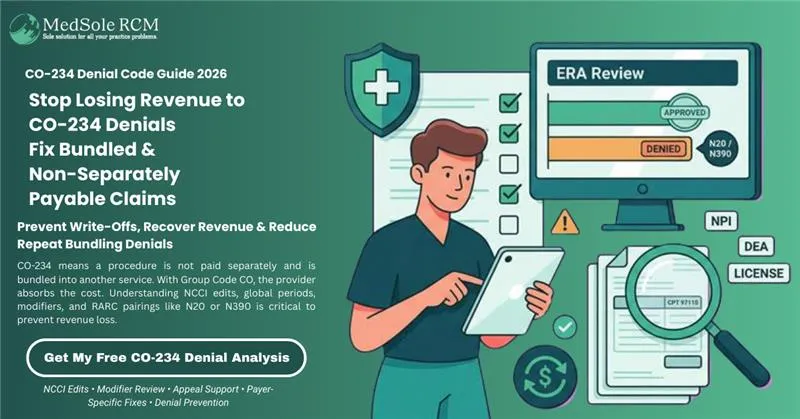
Posted Date: Feb 18, 2026
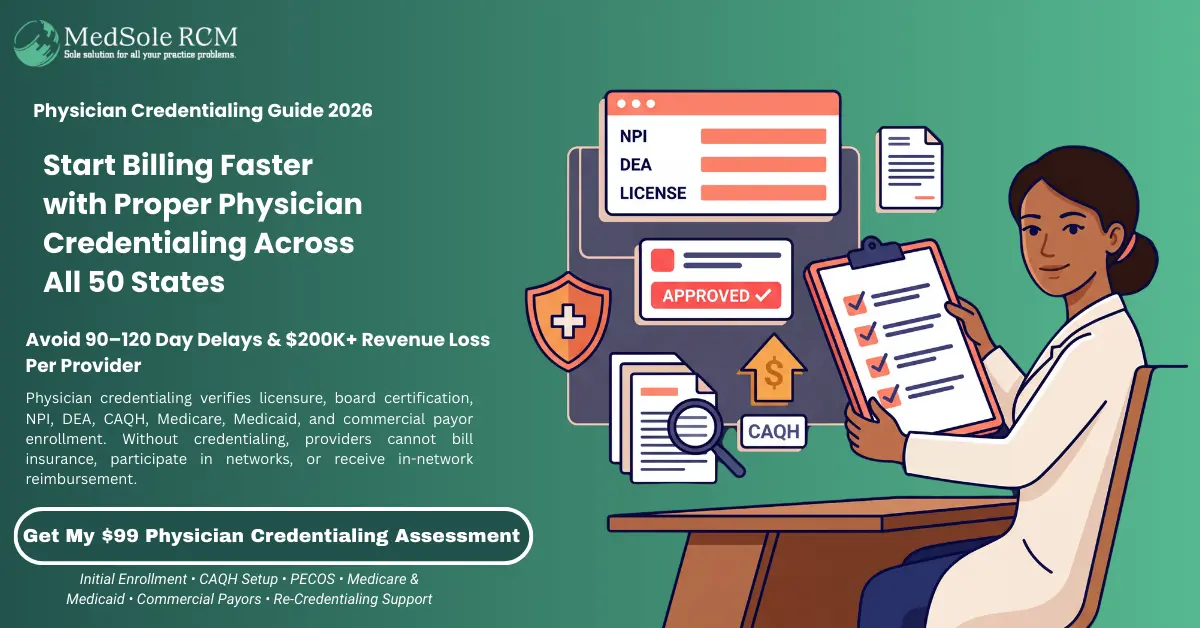
Posted Date: Feb 19, 2026
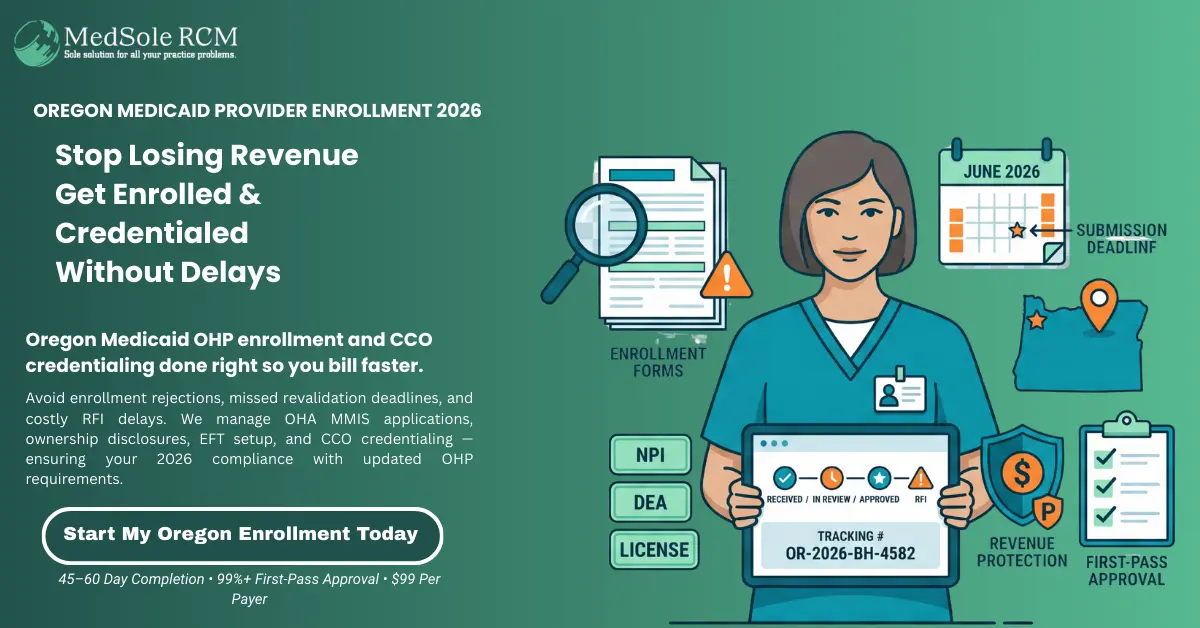
Posted Date: Feb 20, 2026
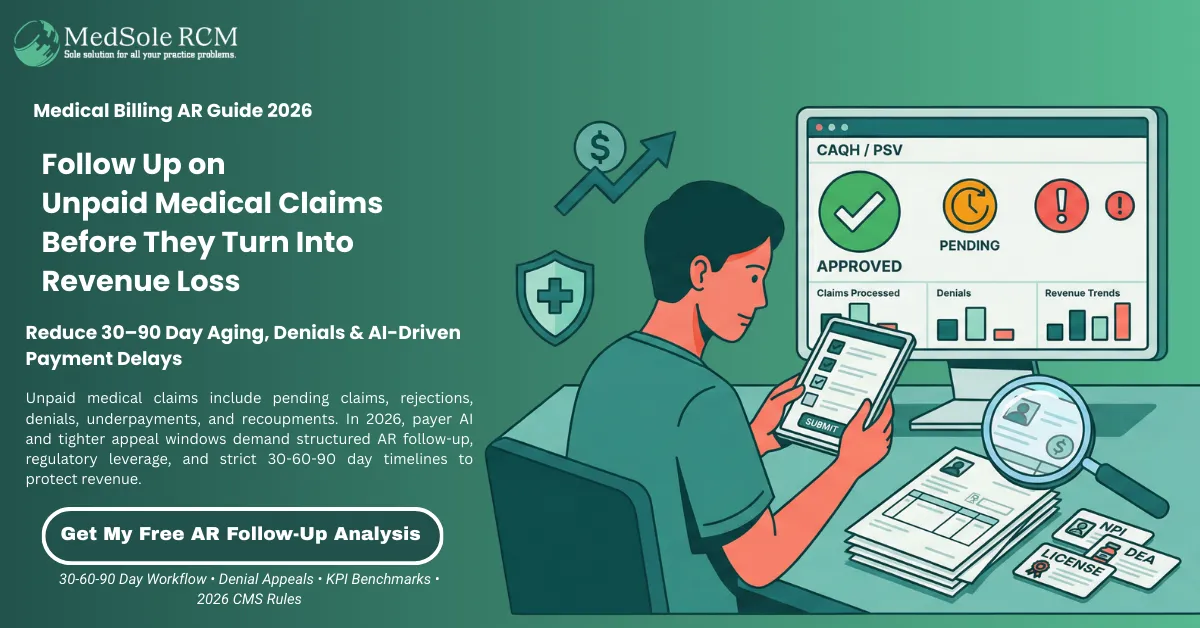
Posted Date: Feb 23, 2026
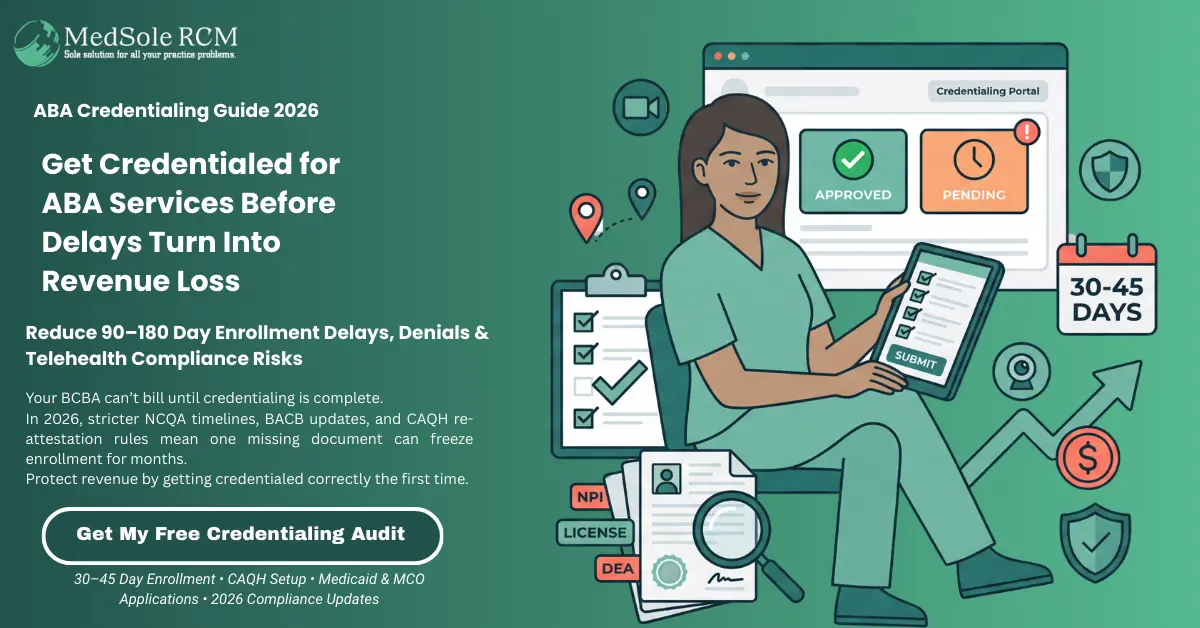
Posted Date: Feb 25, 2026
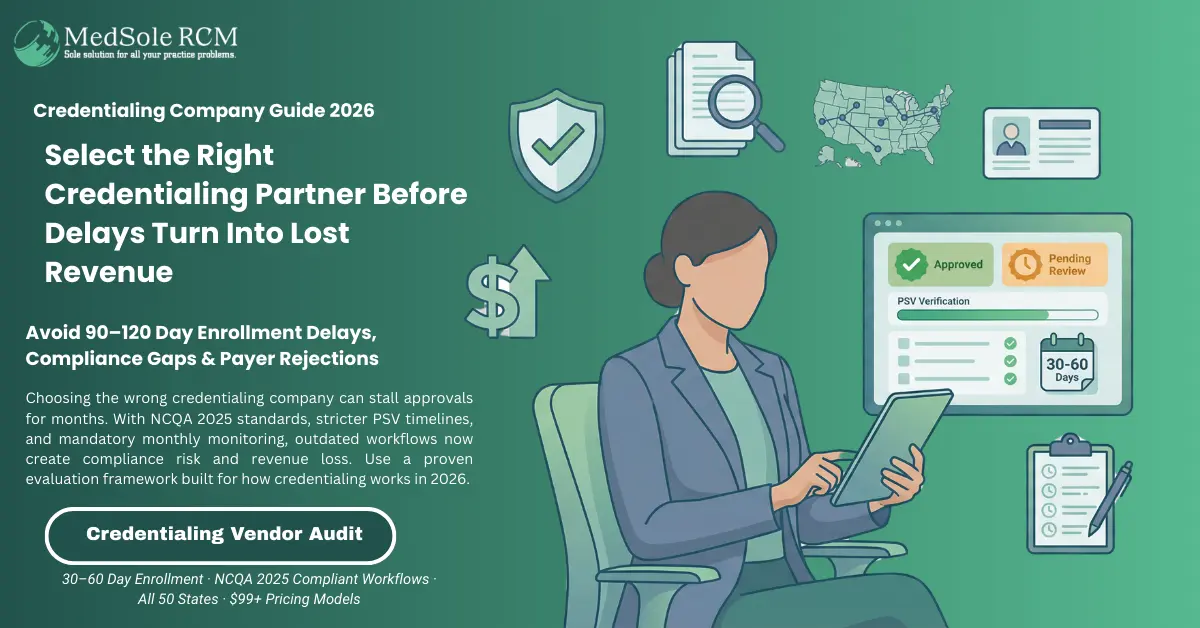
Posted Date: Feb 26, 2026